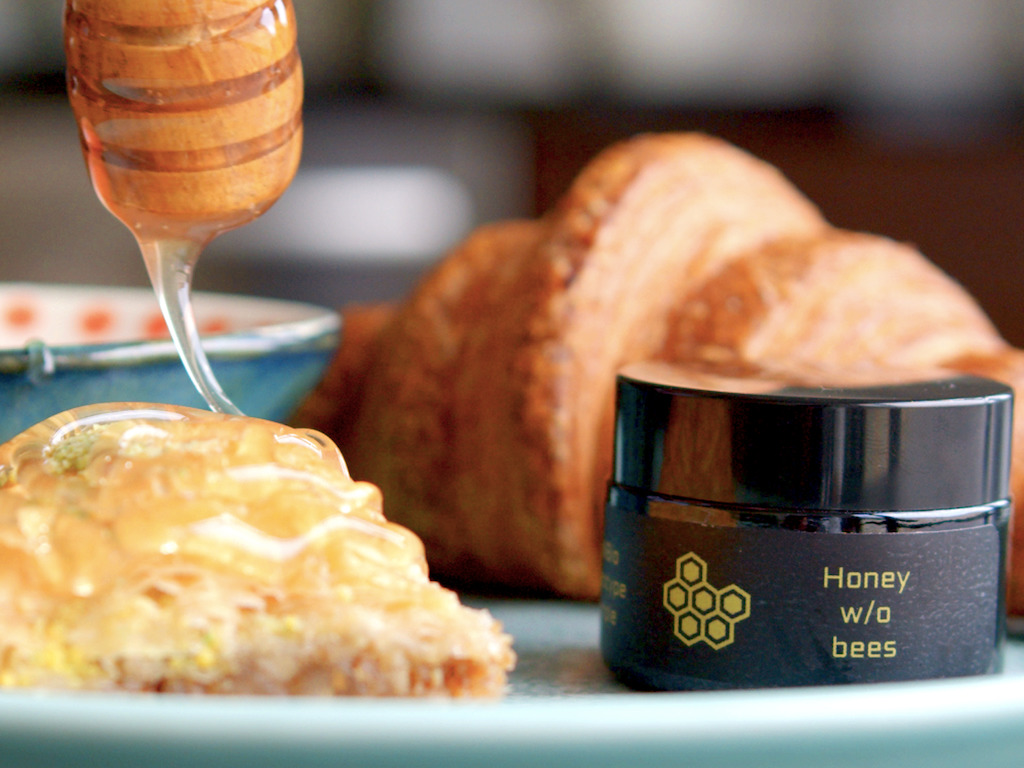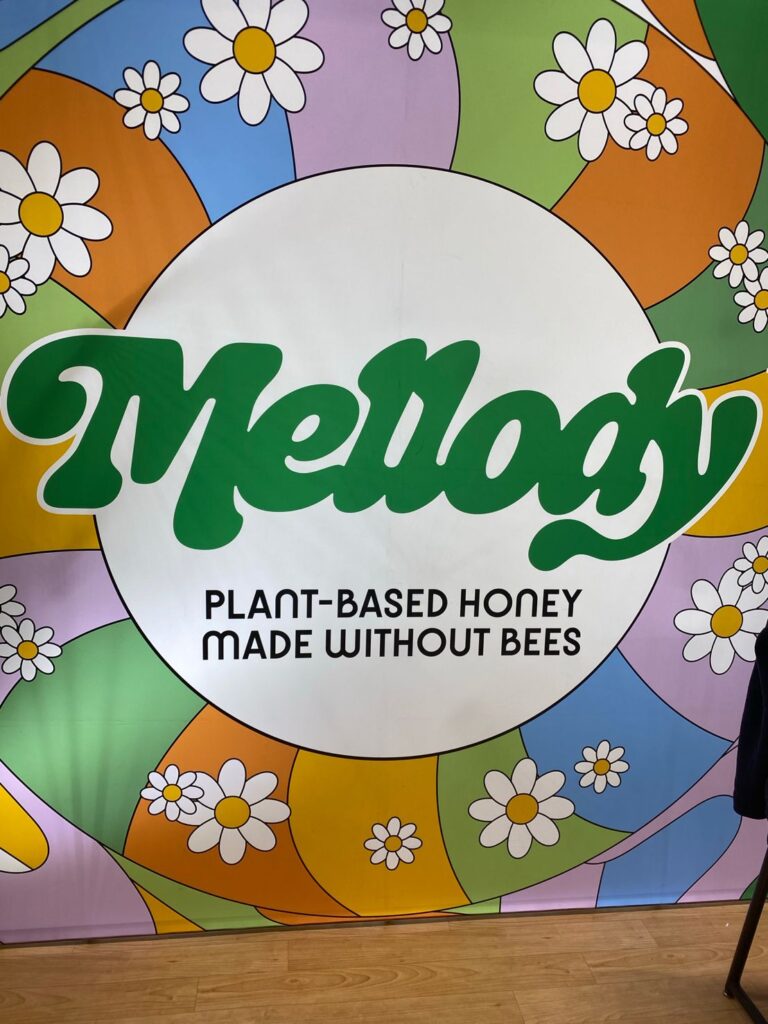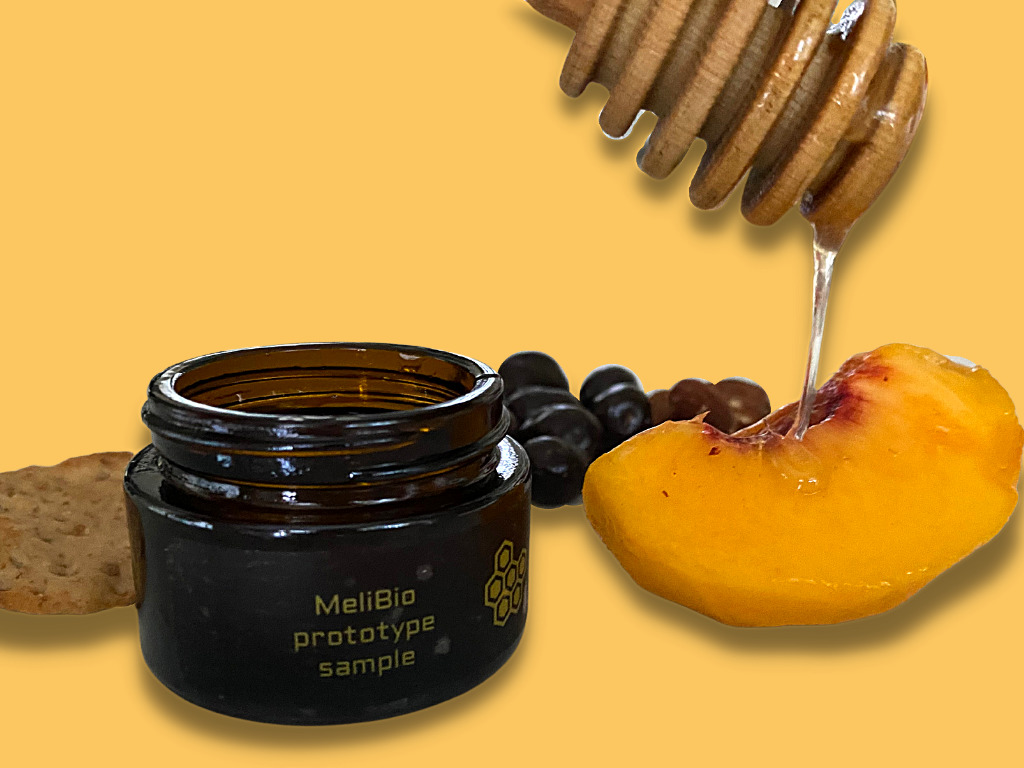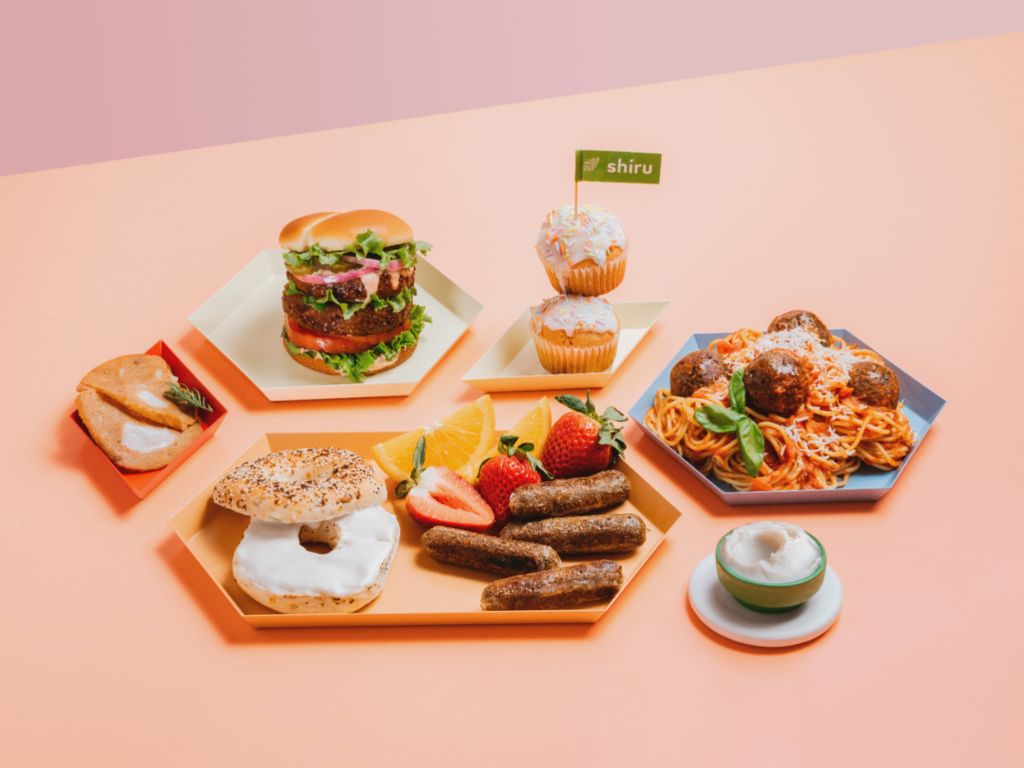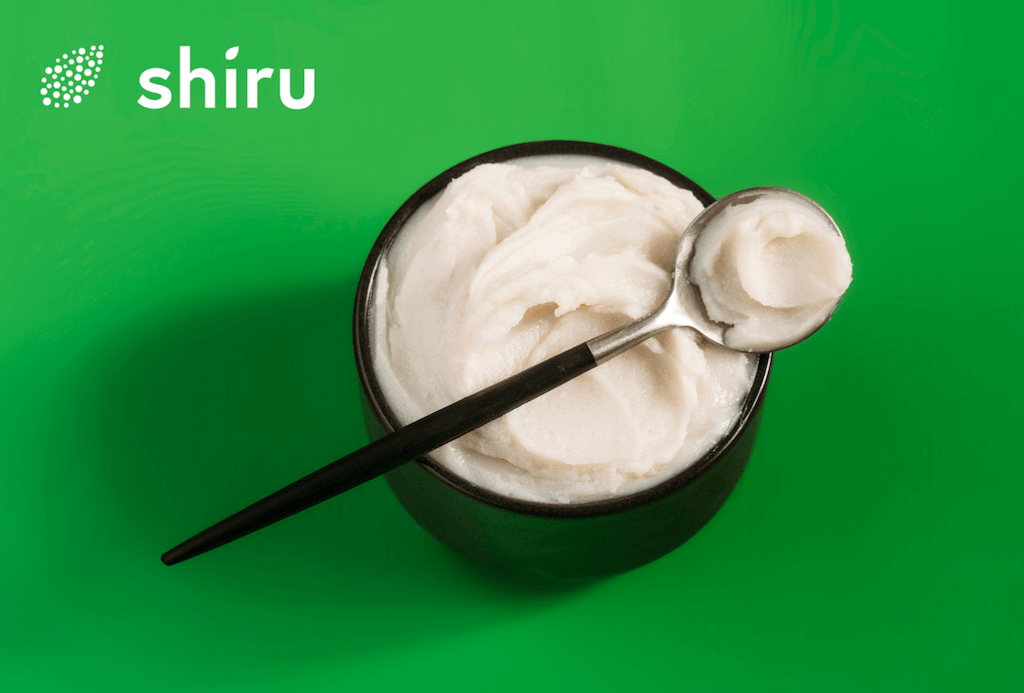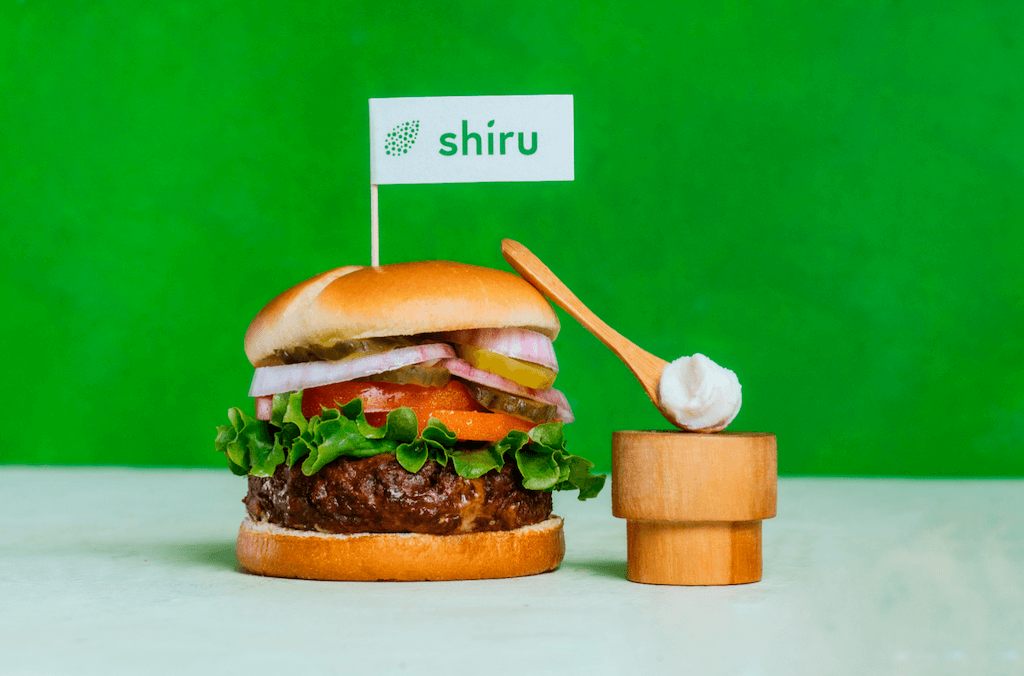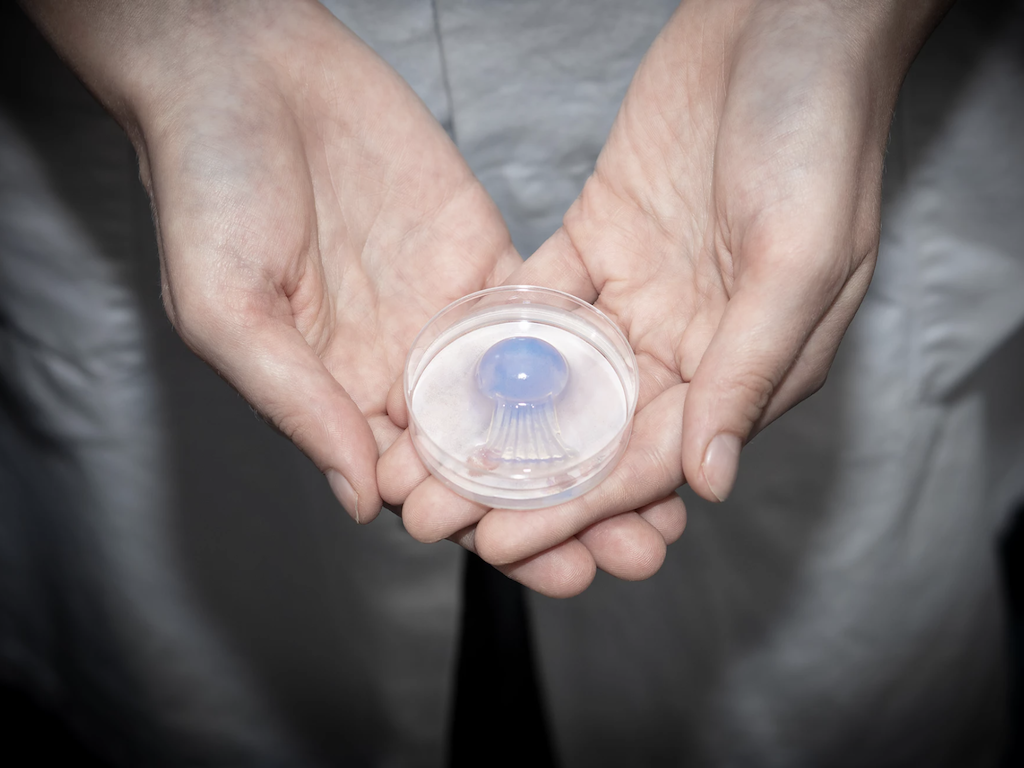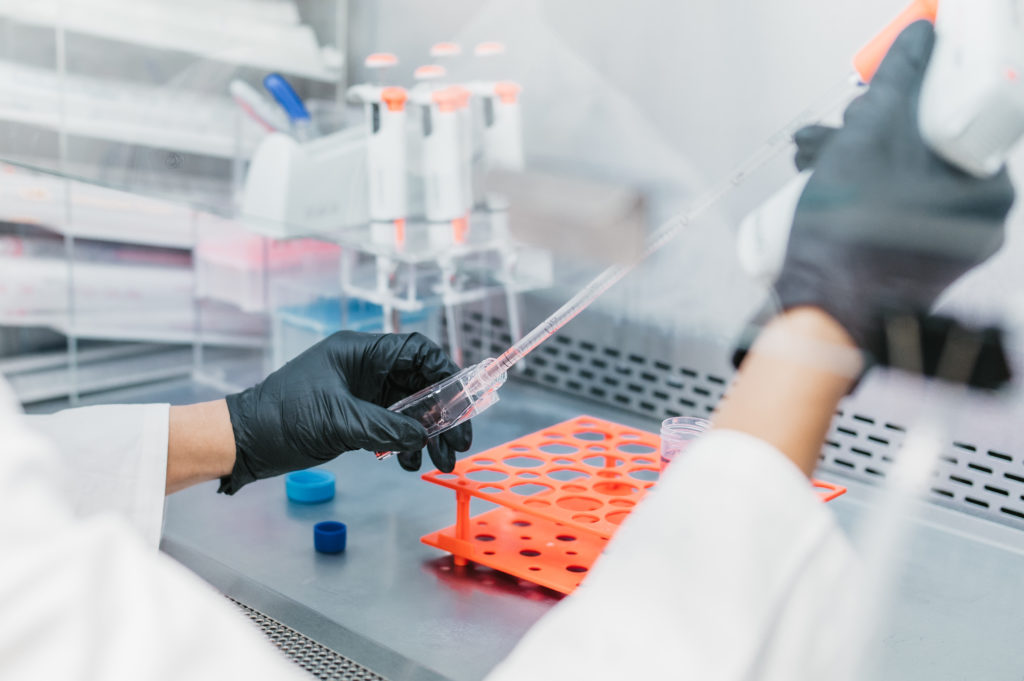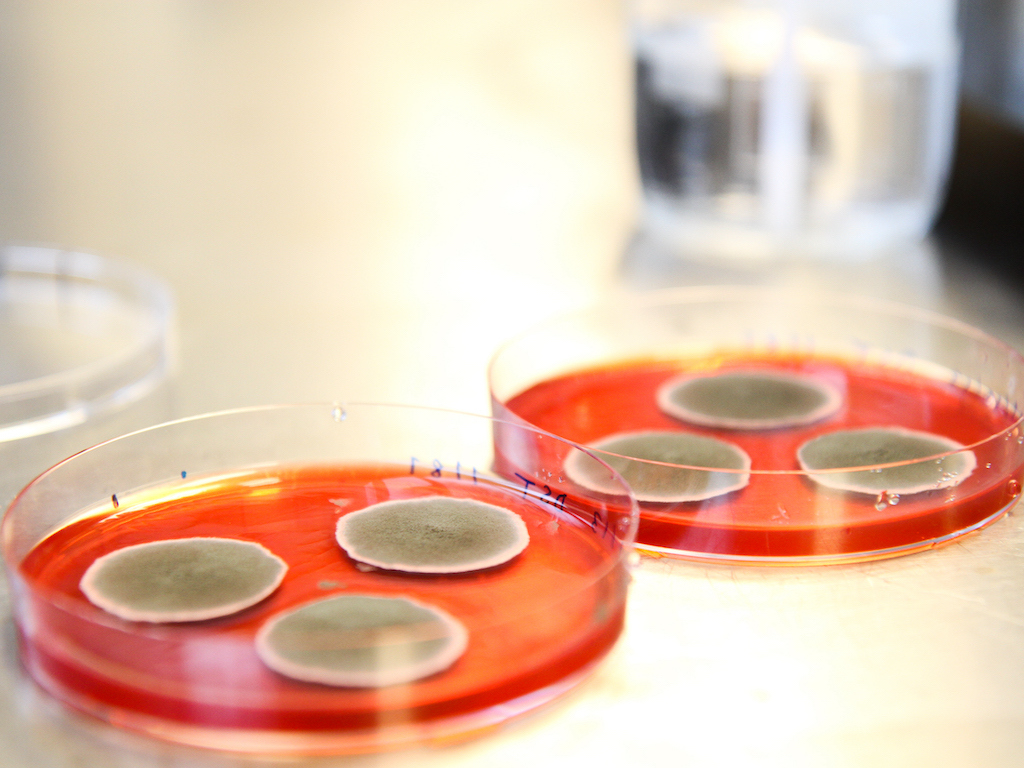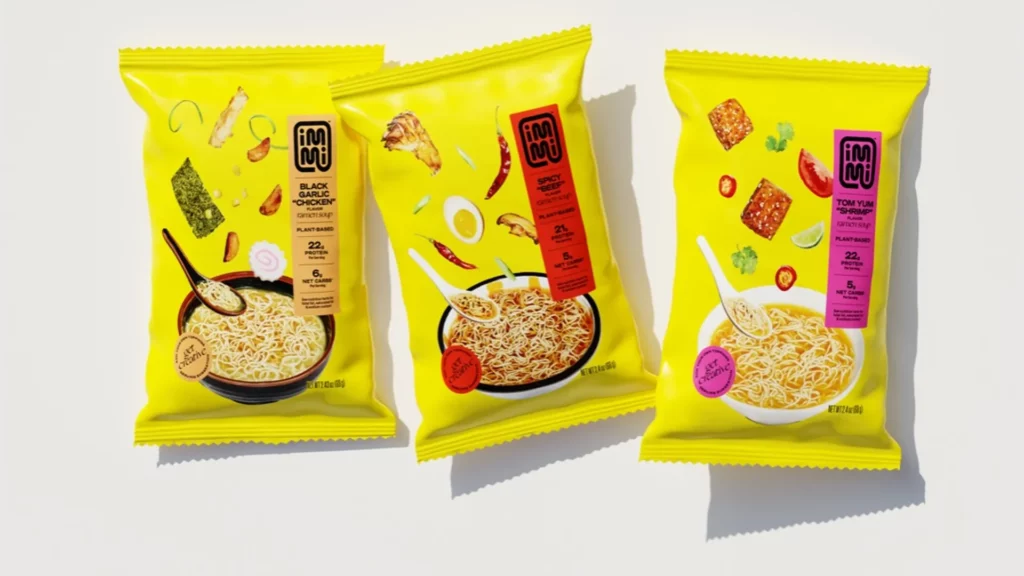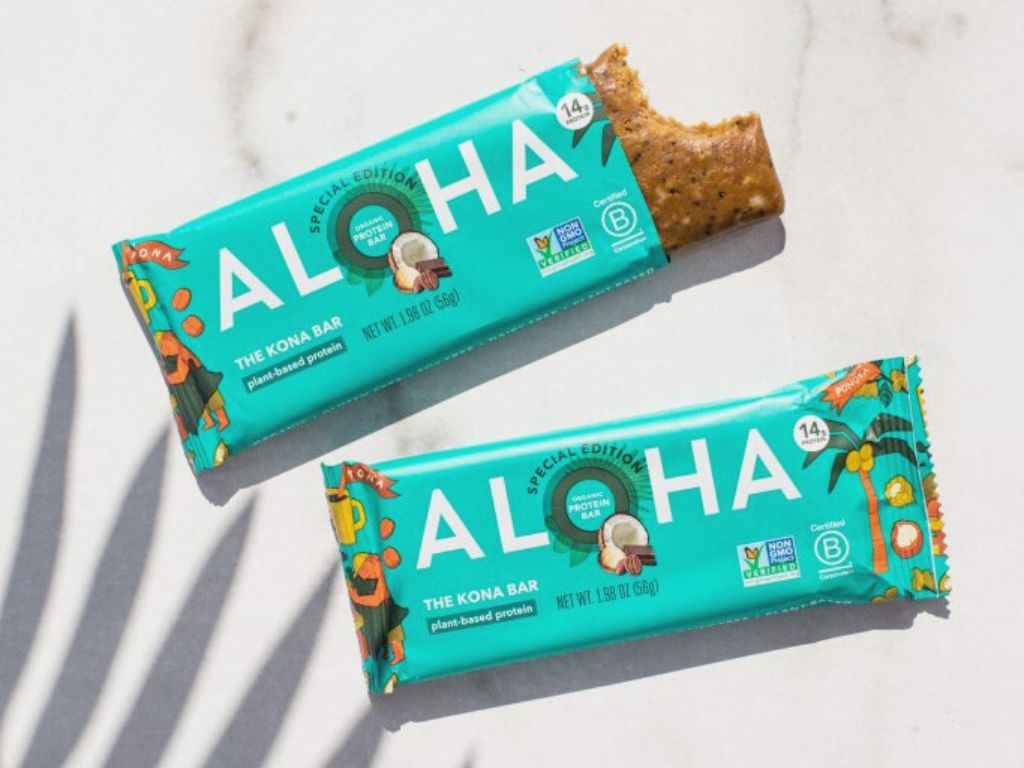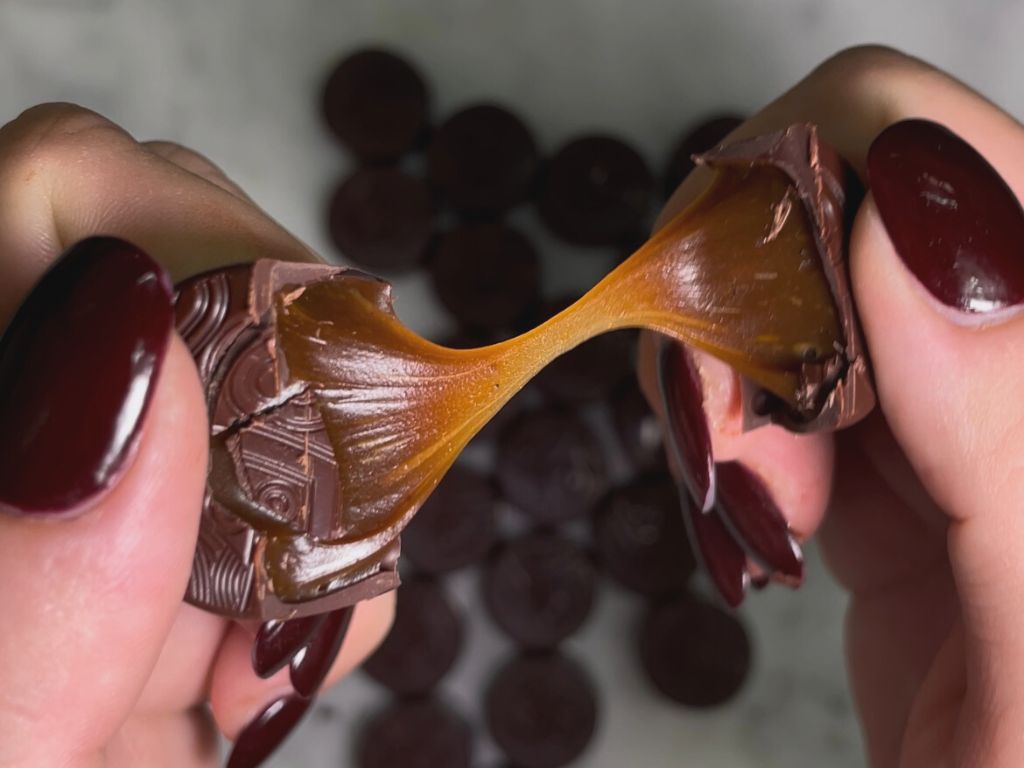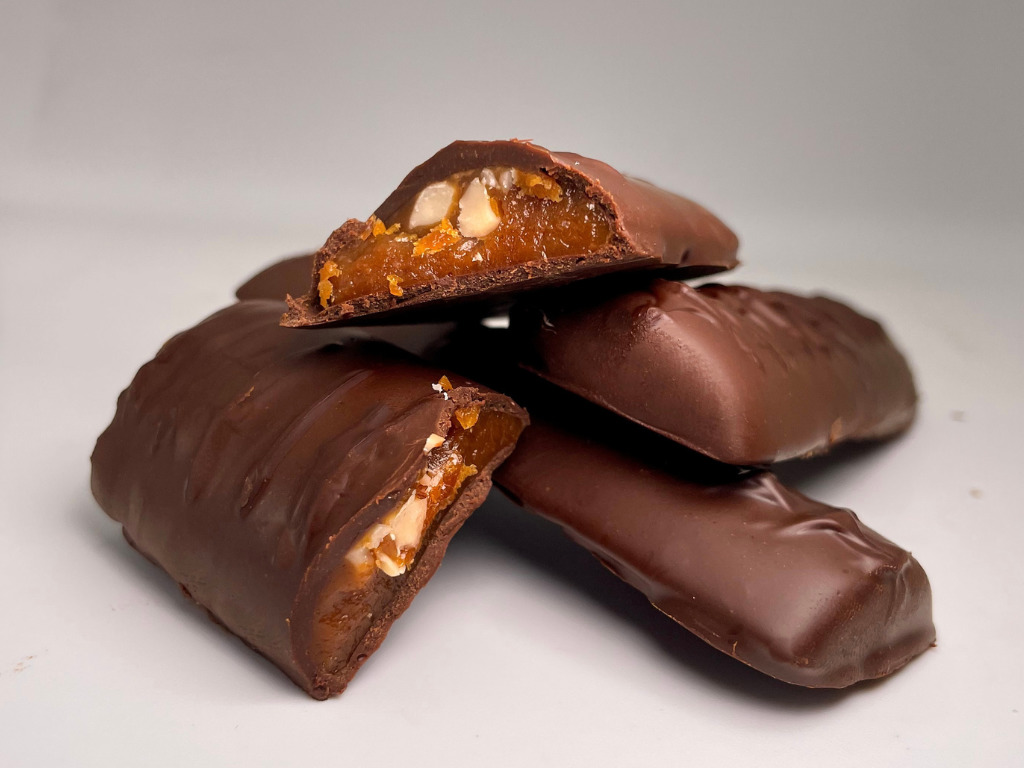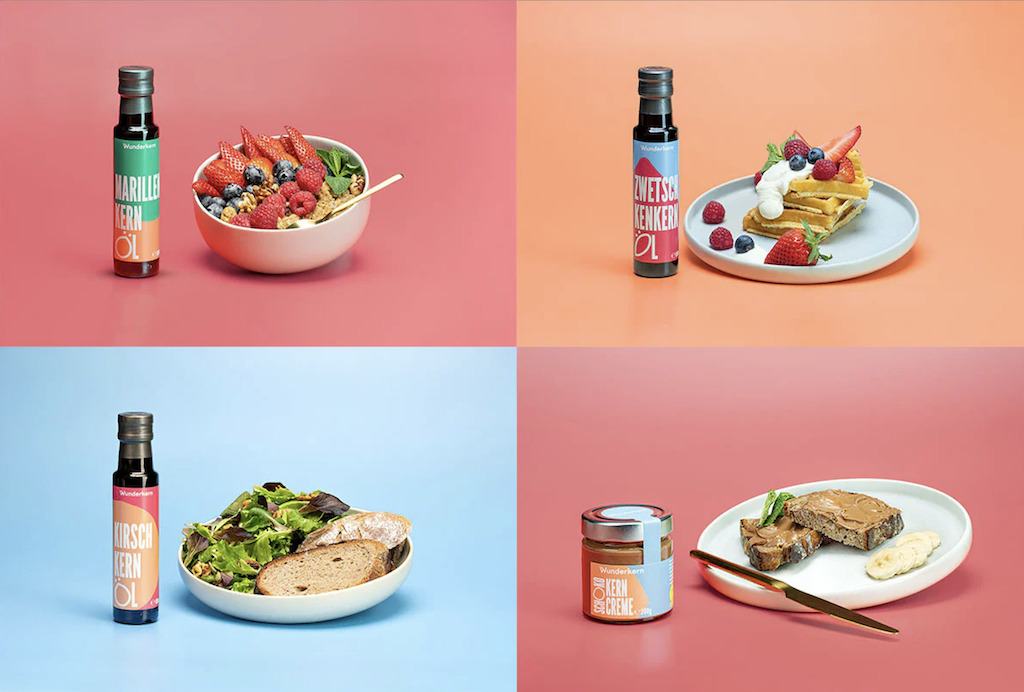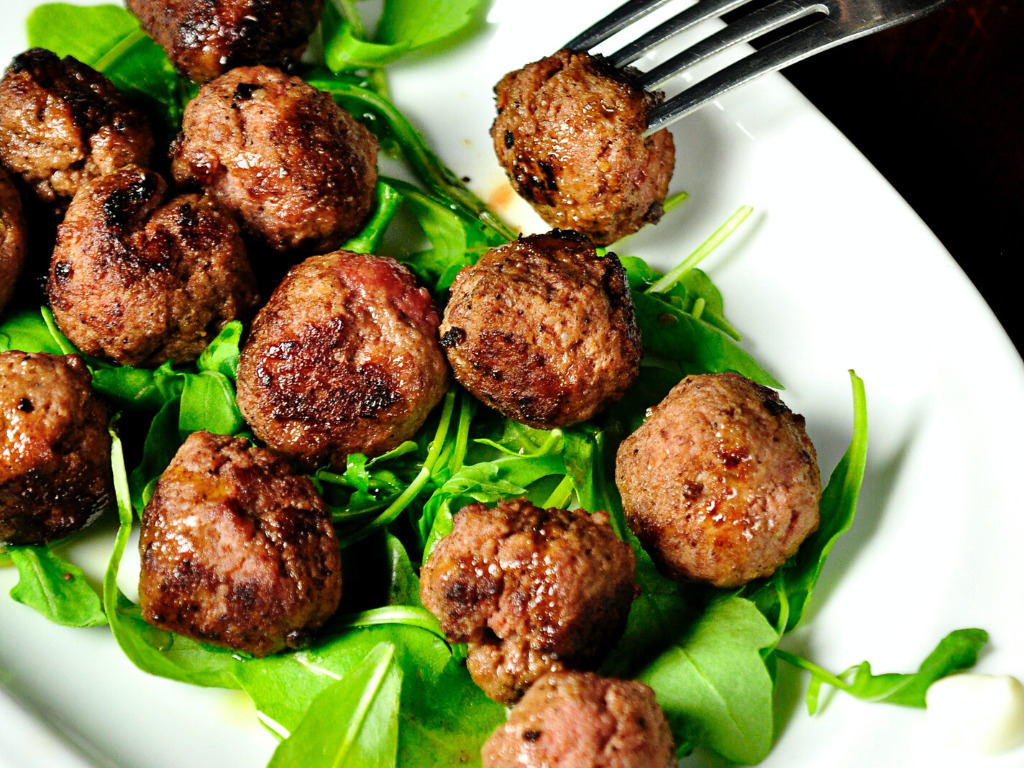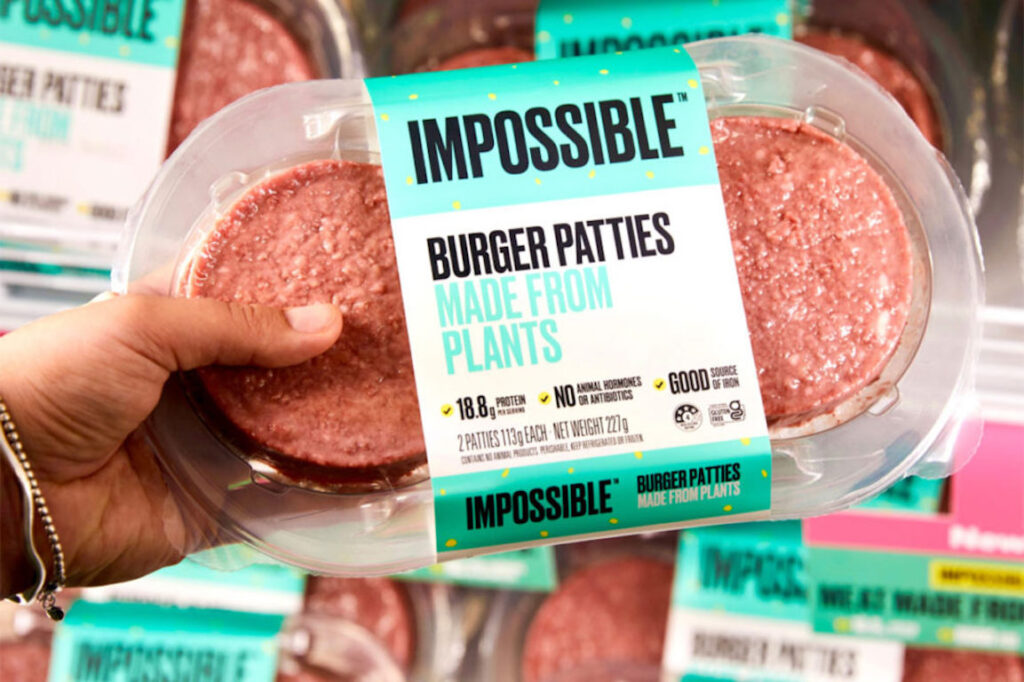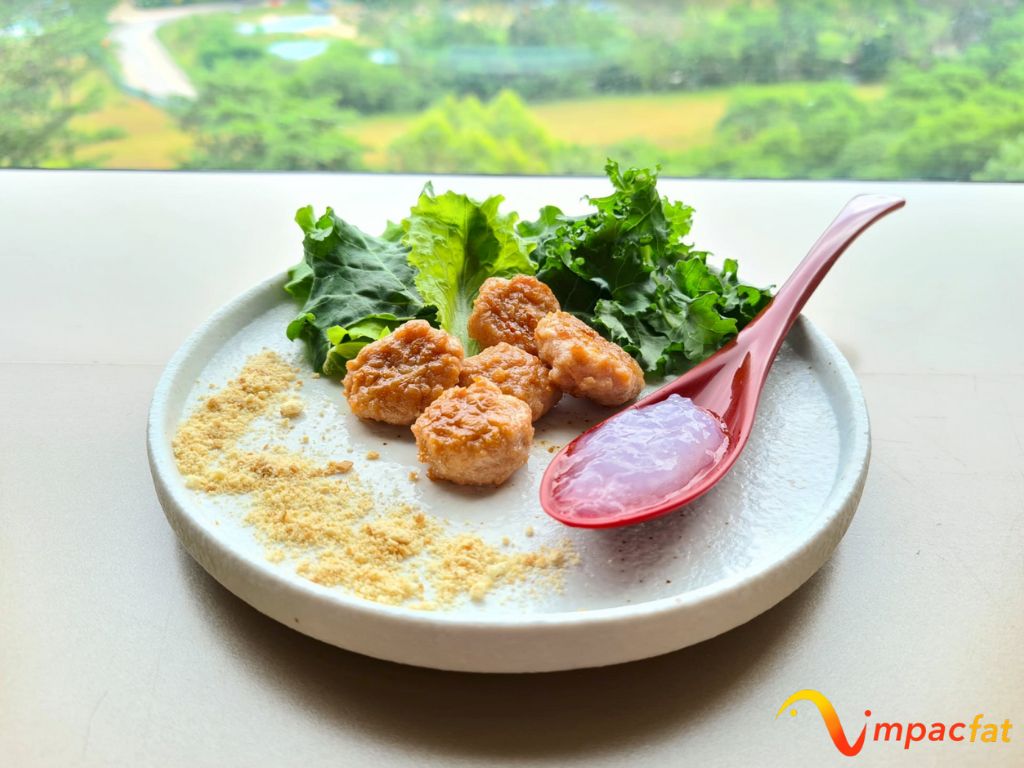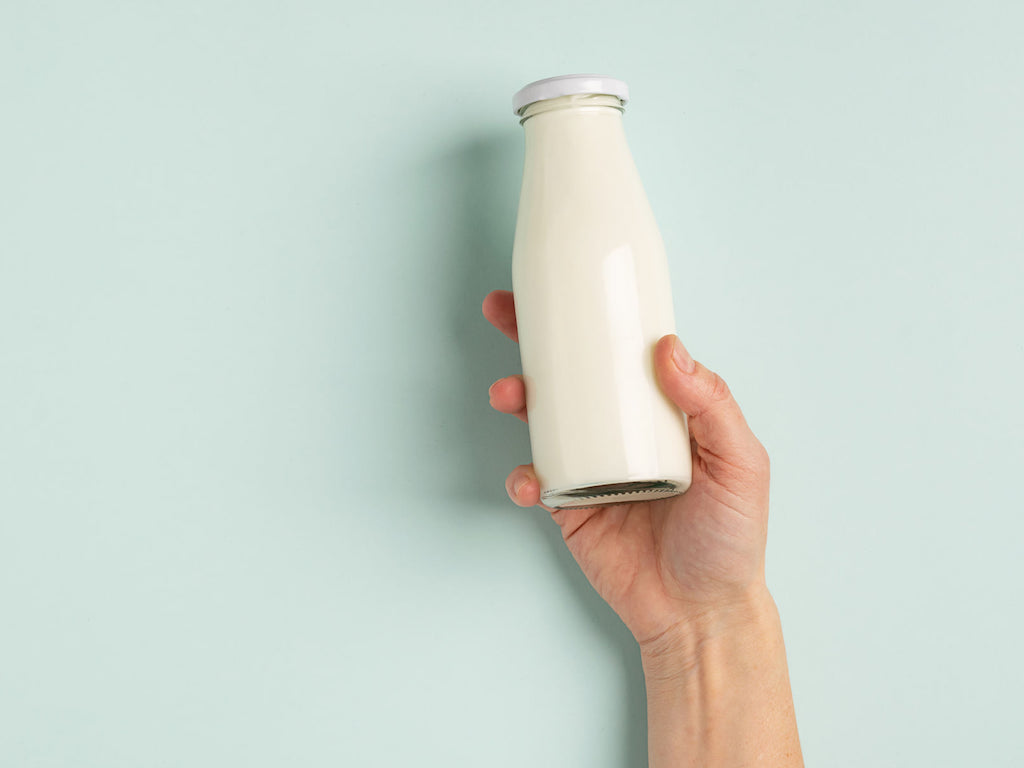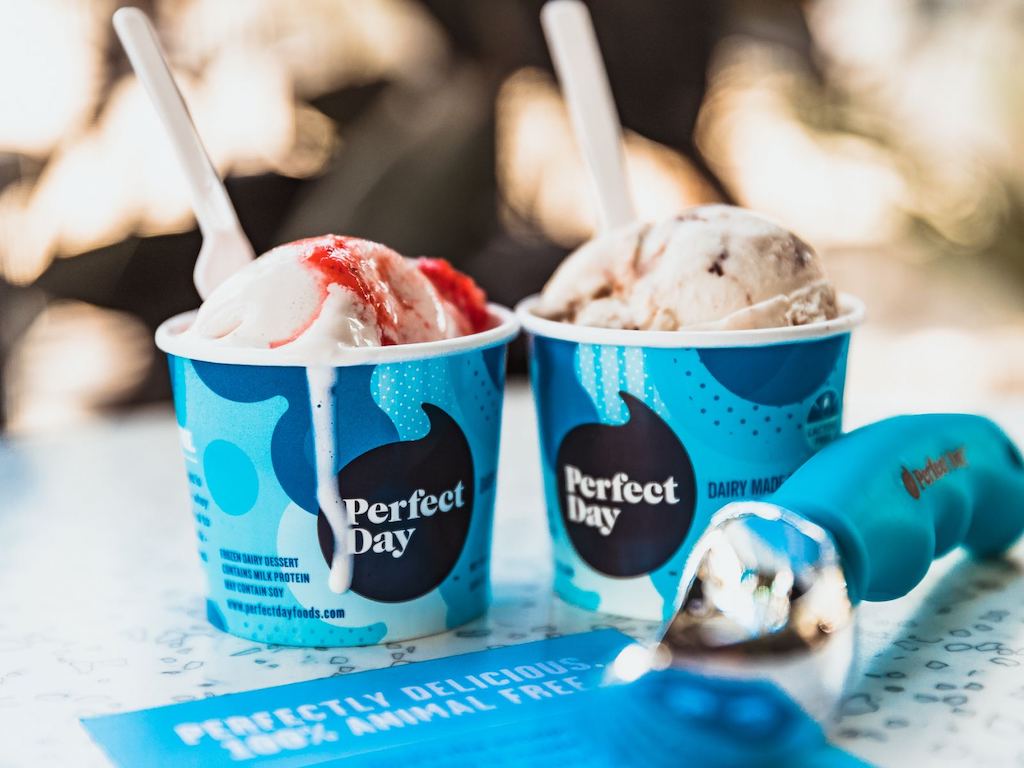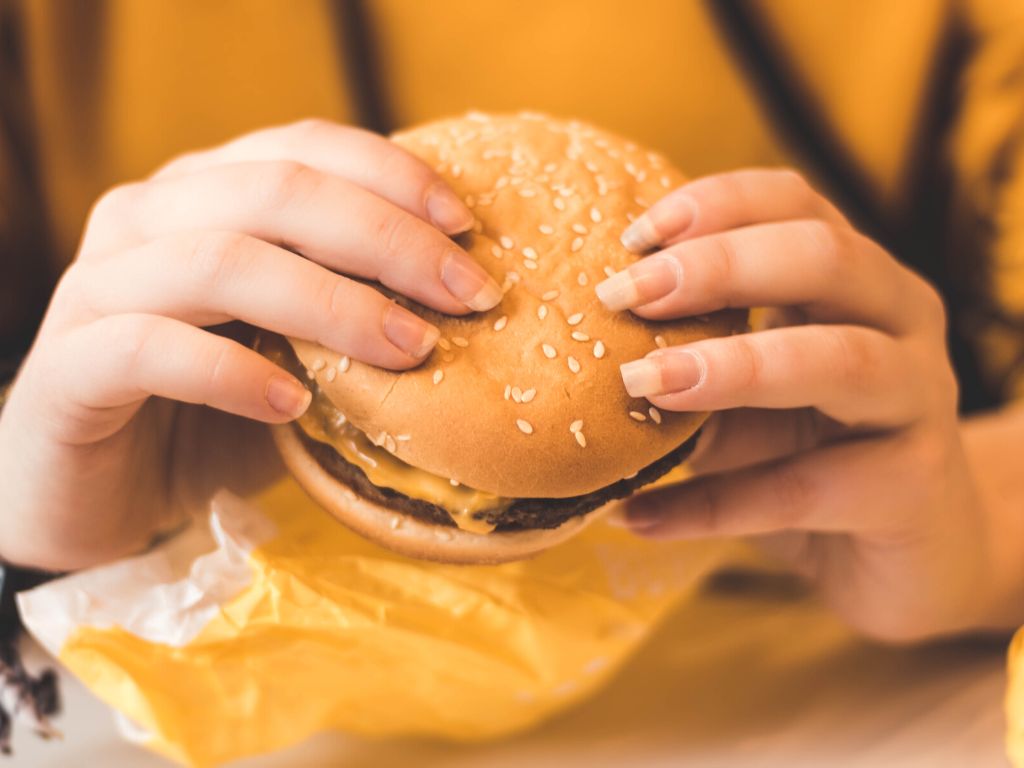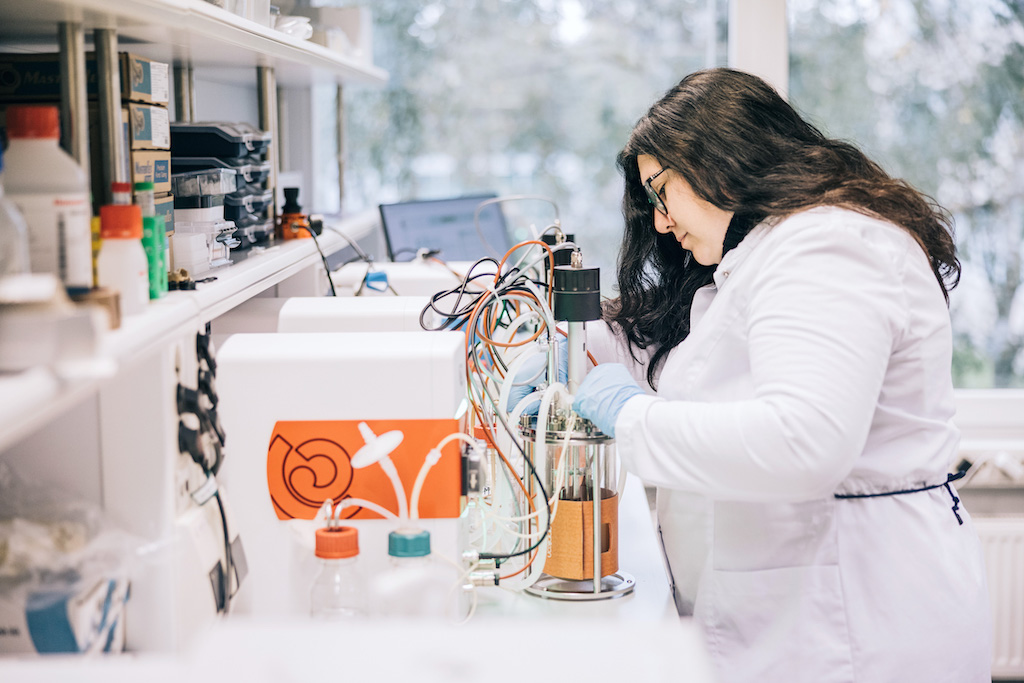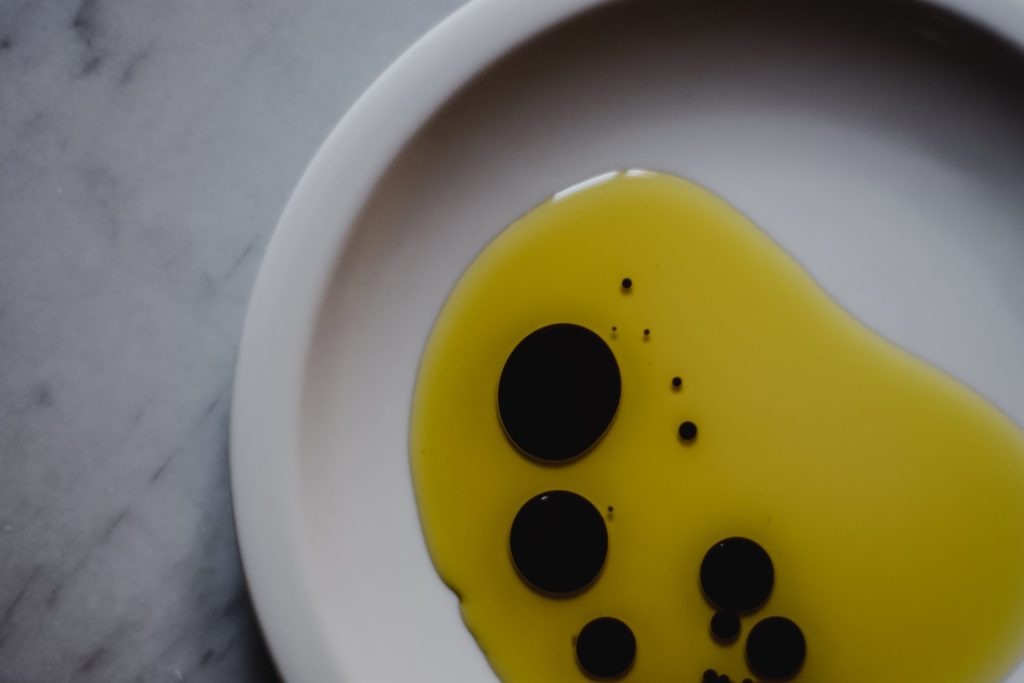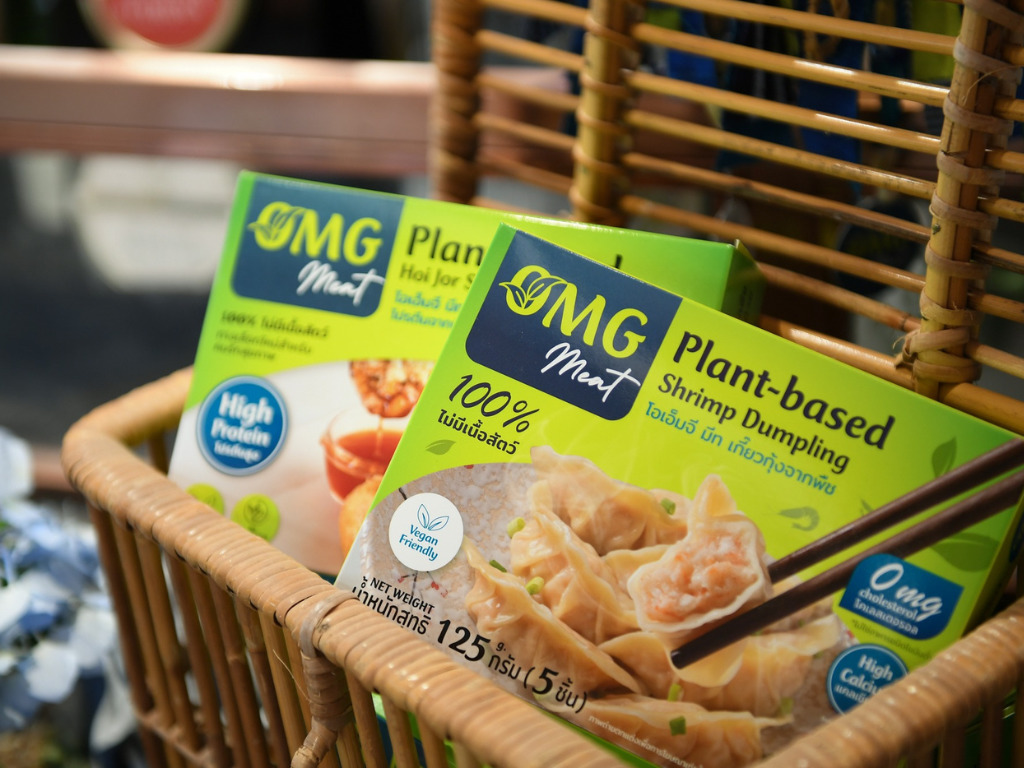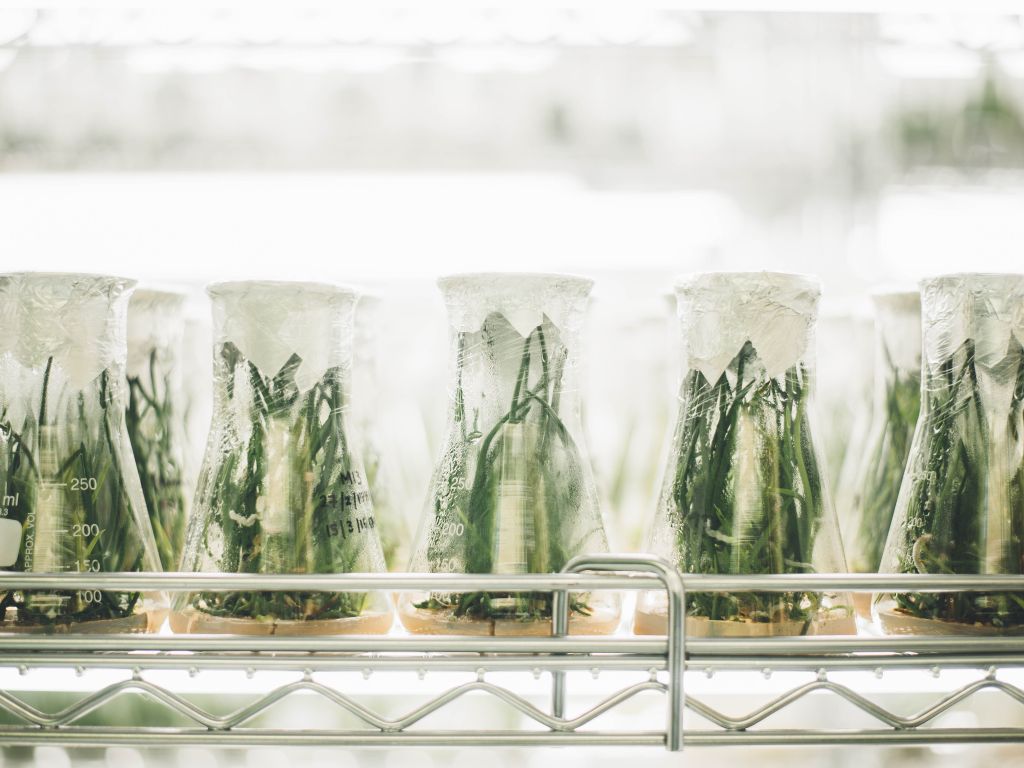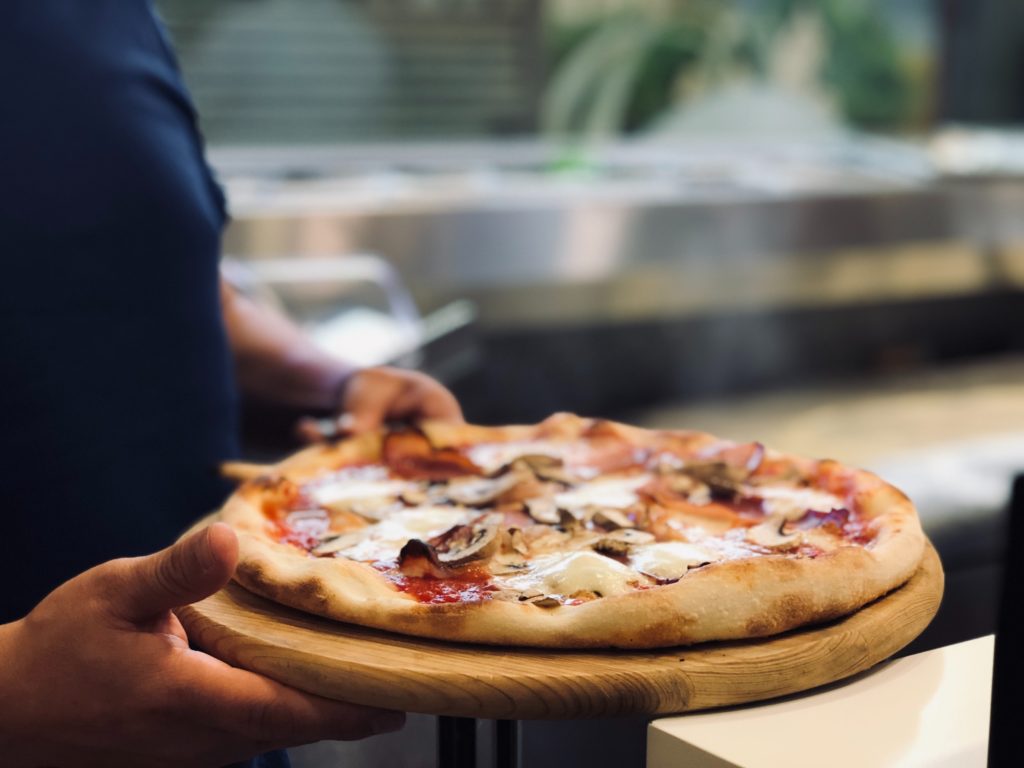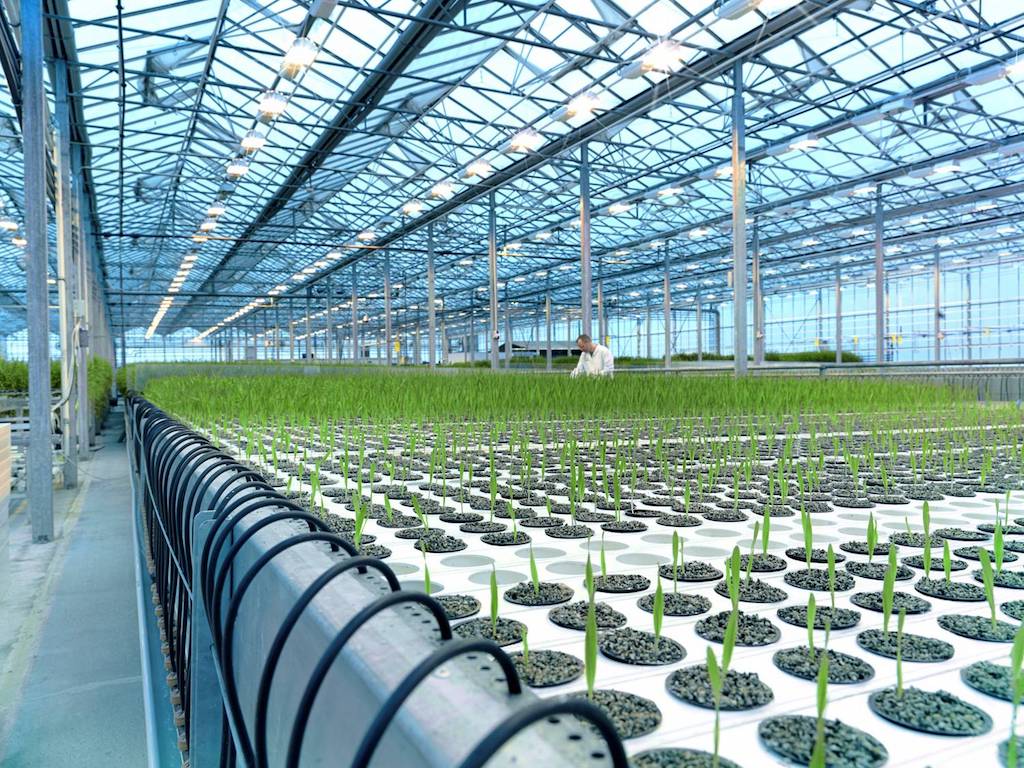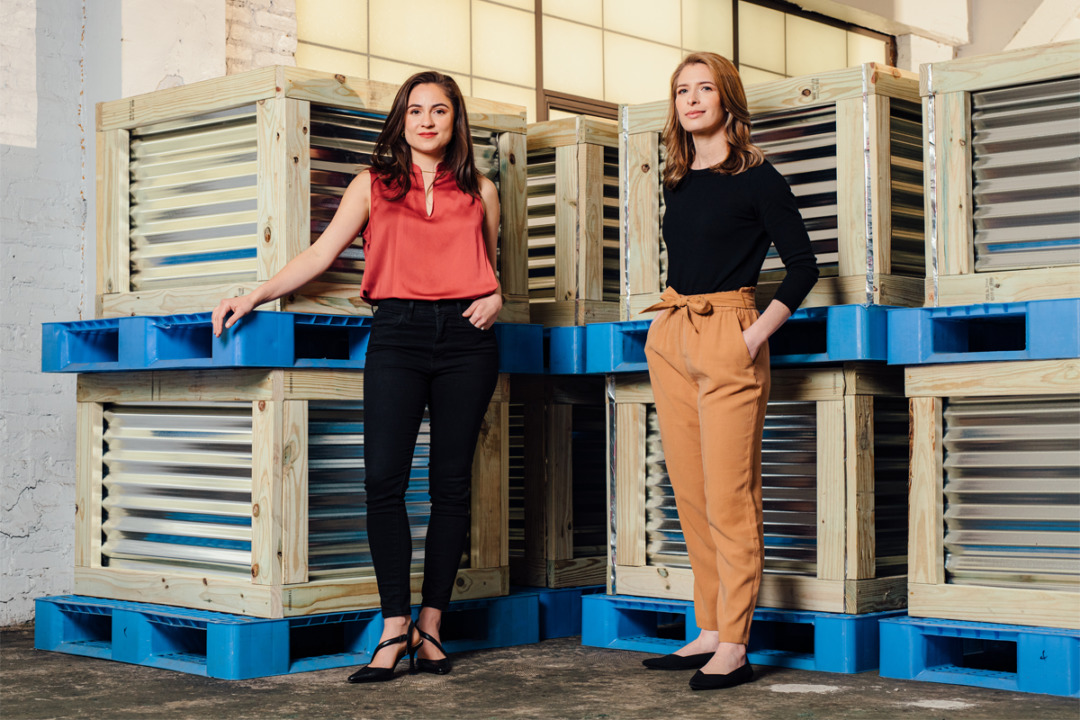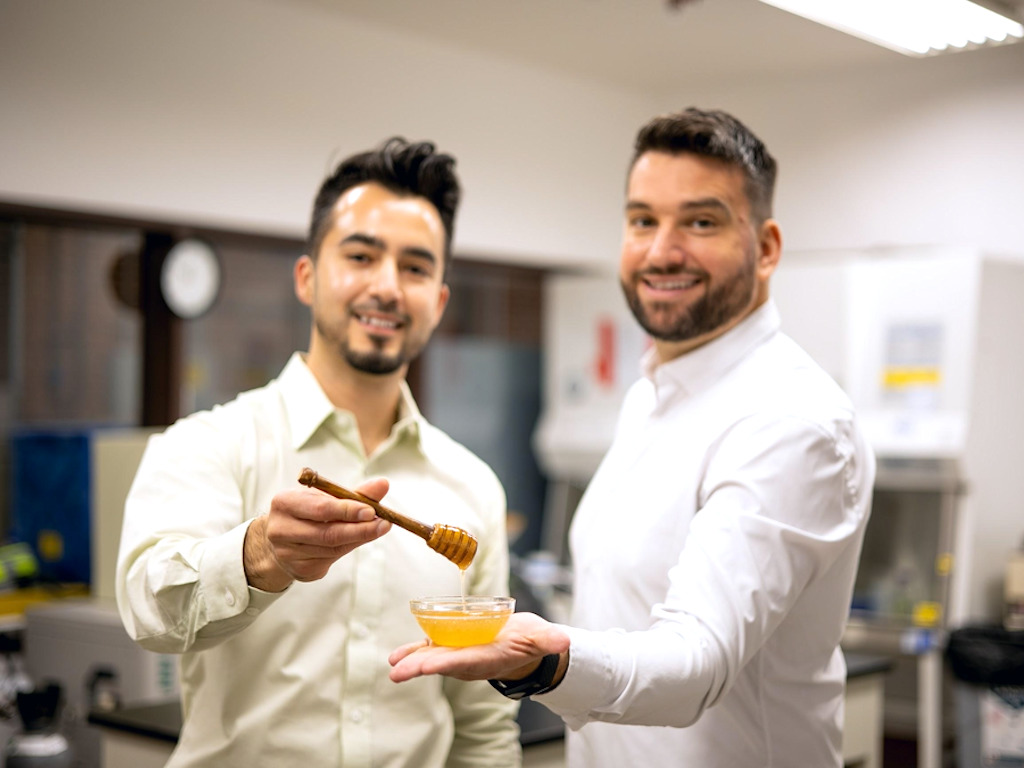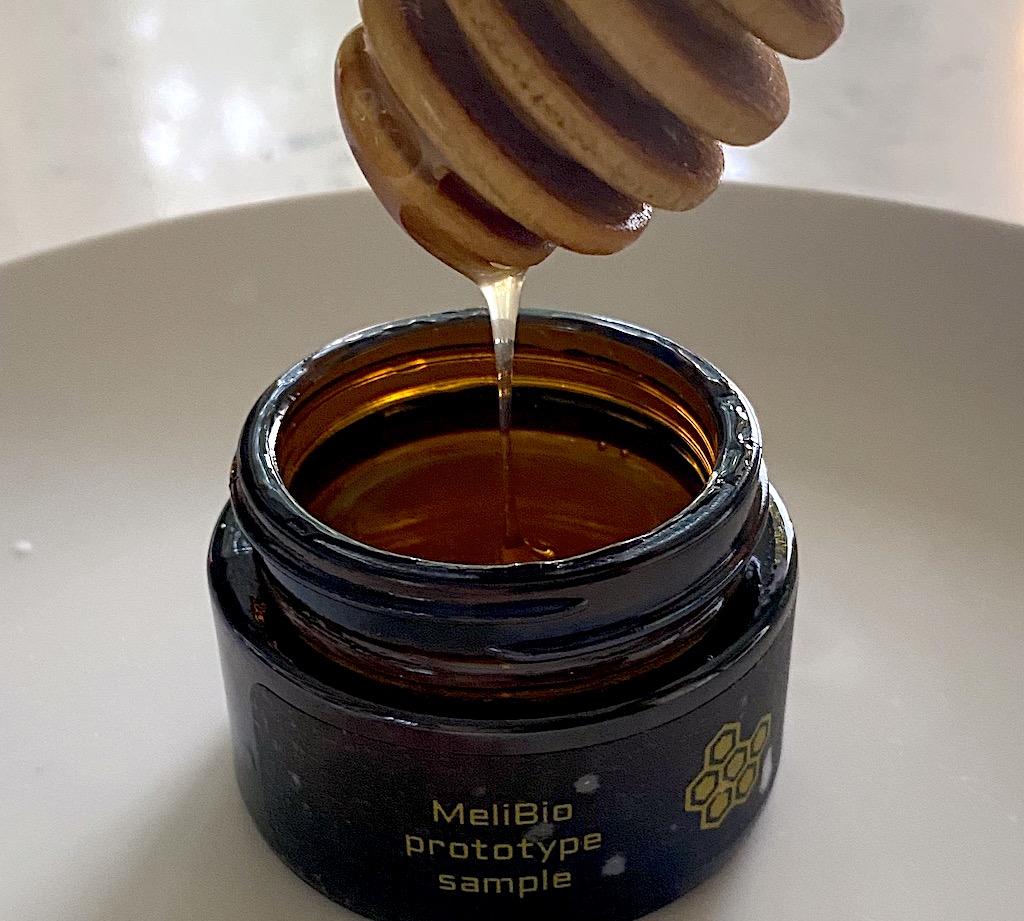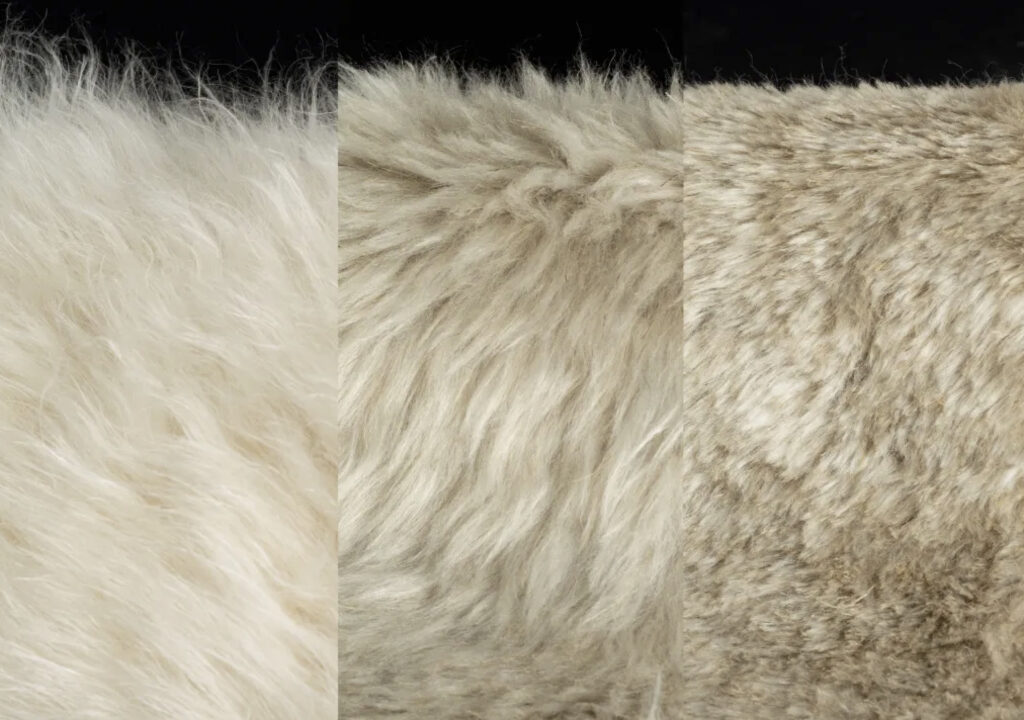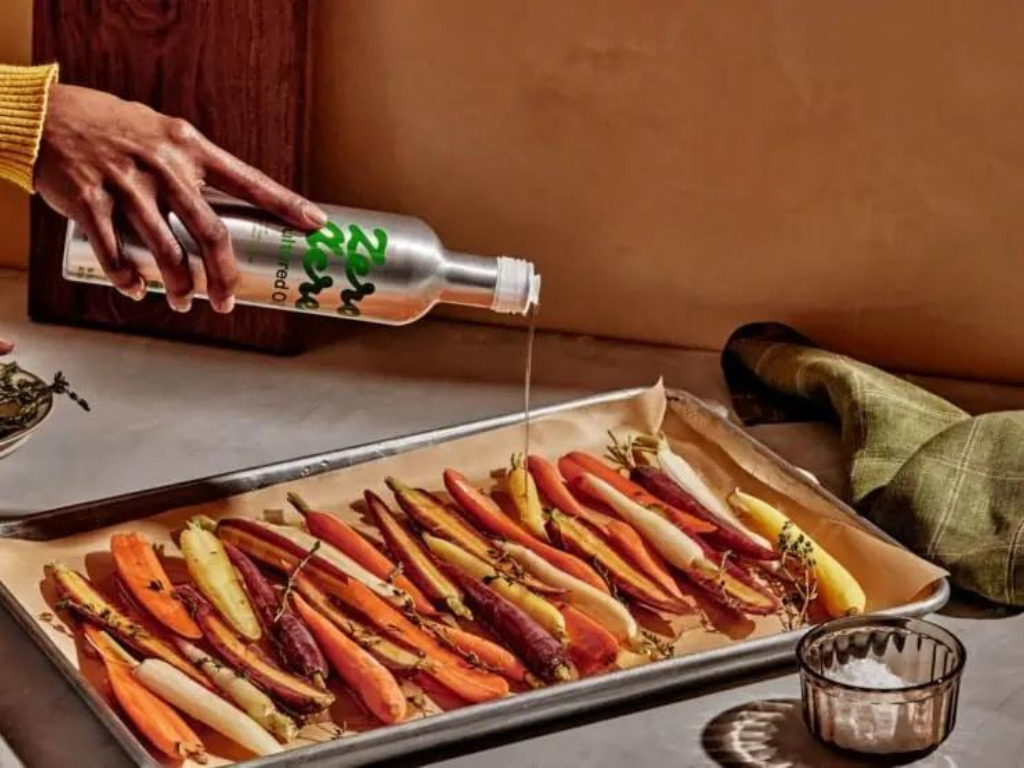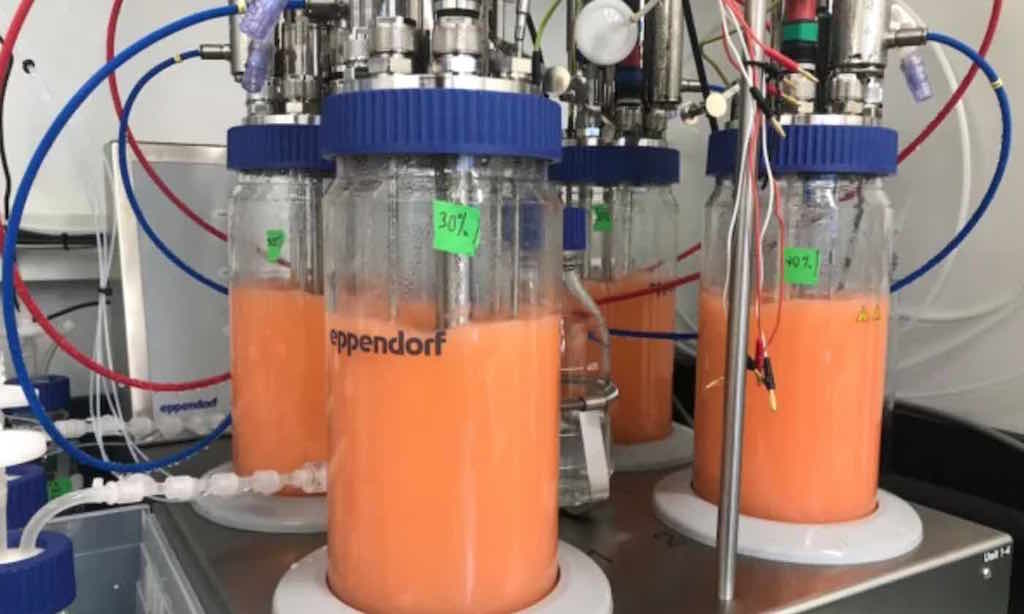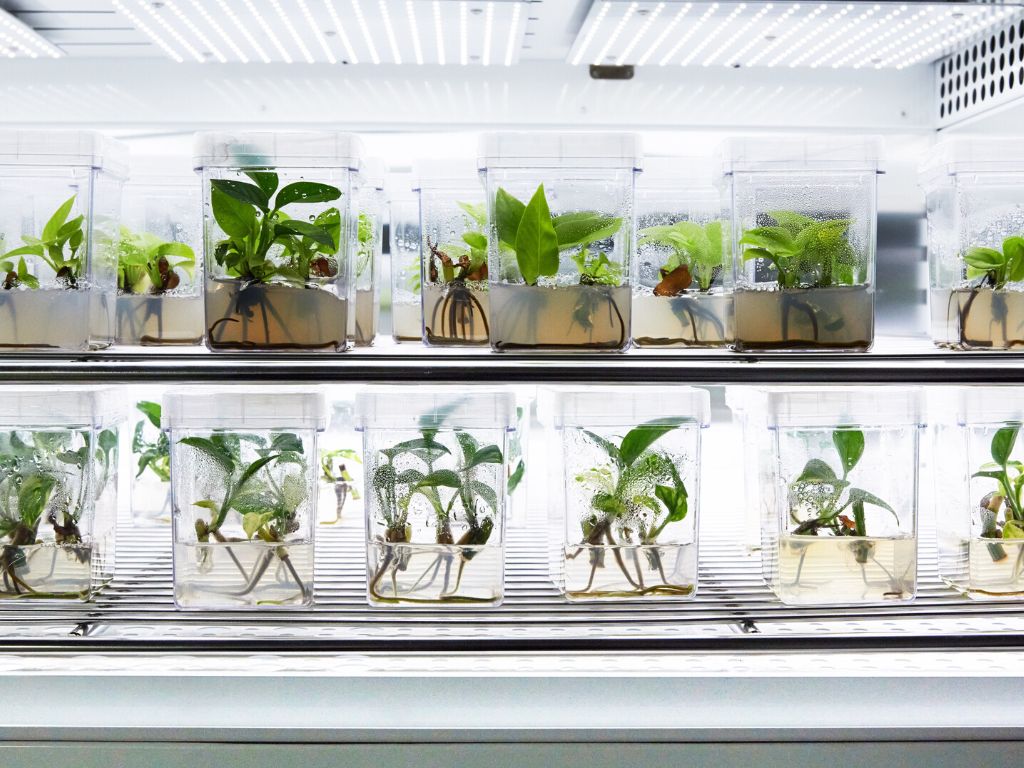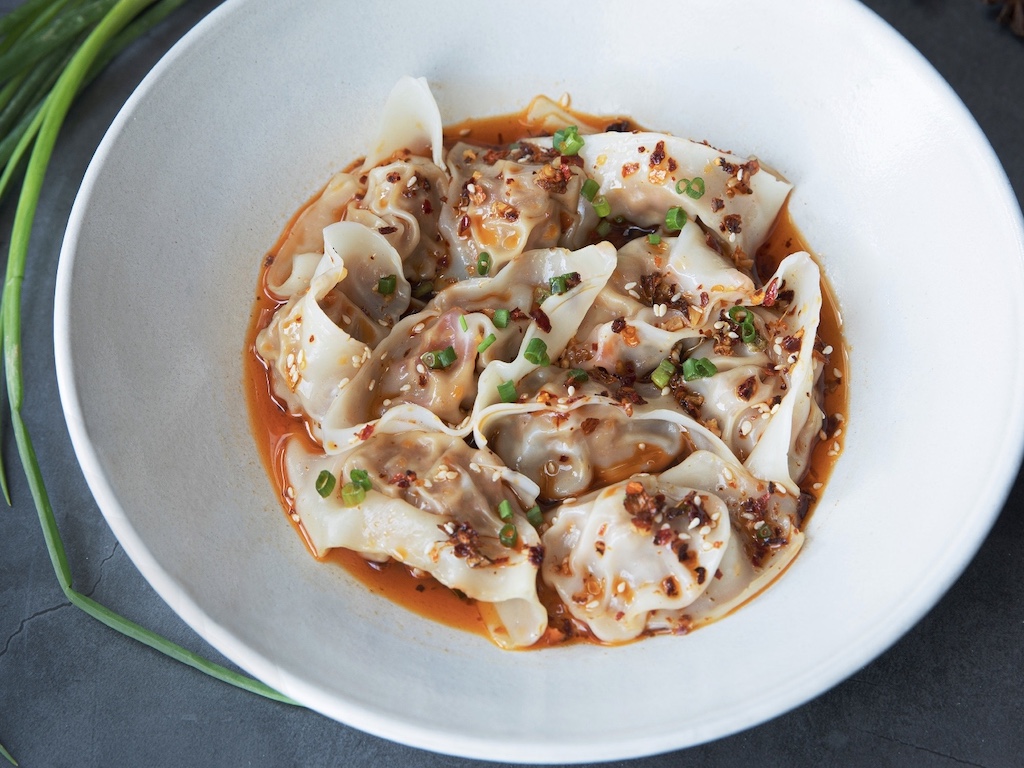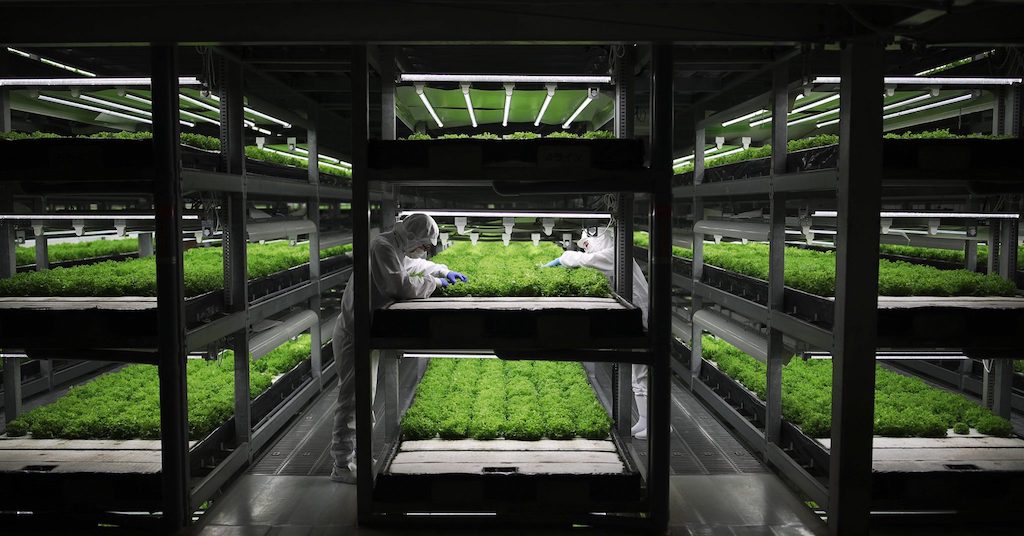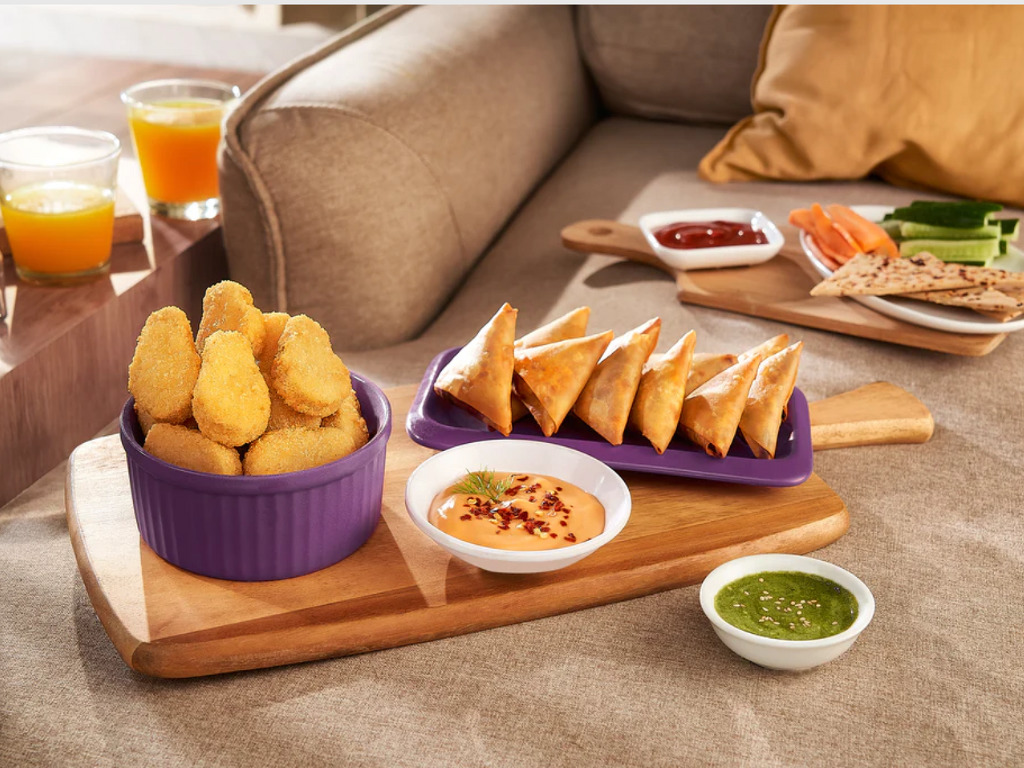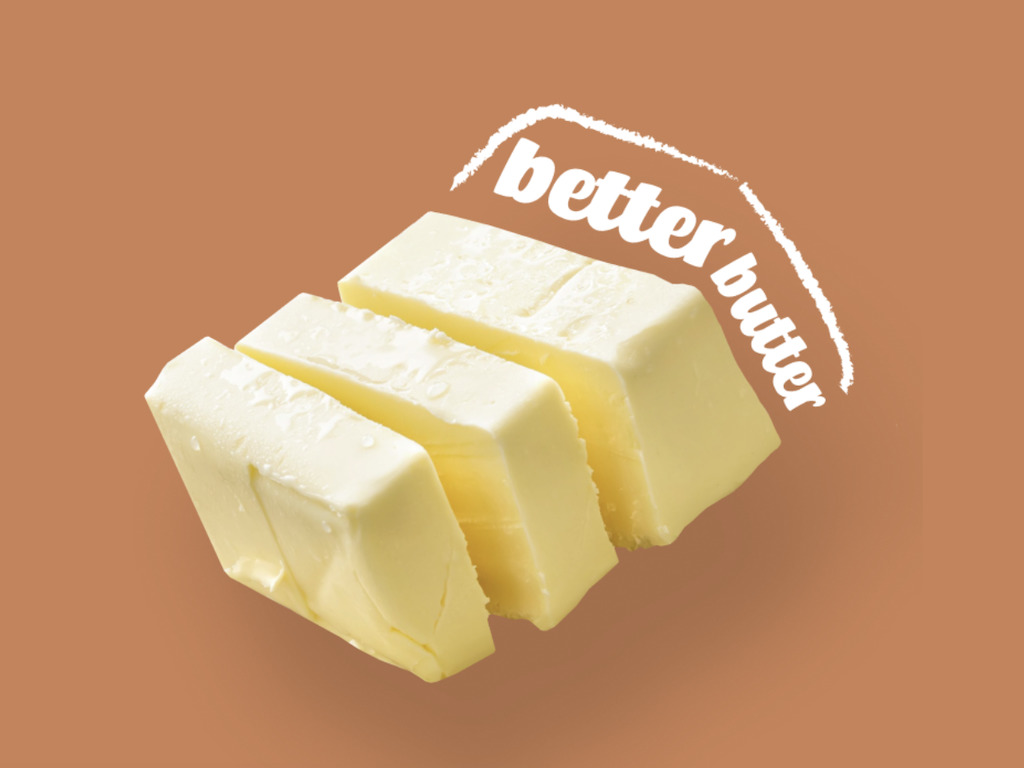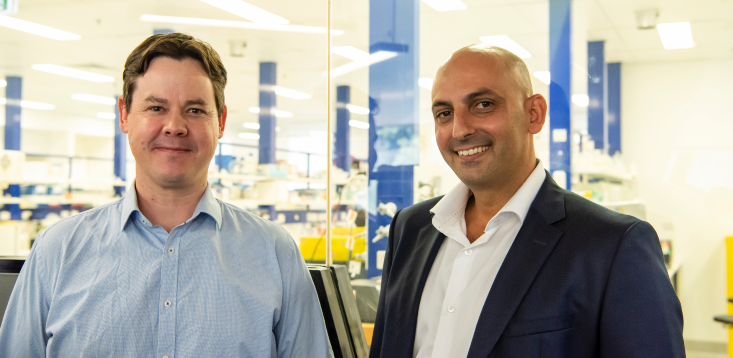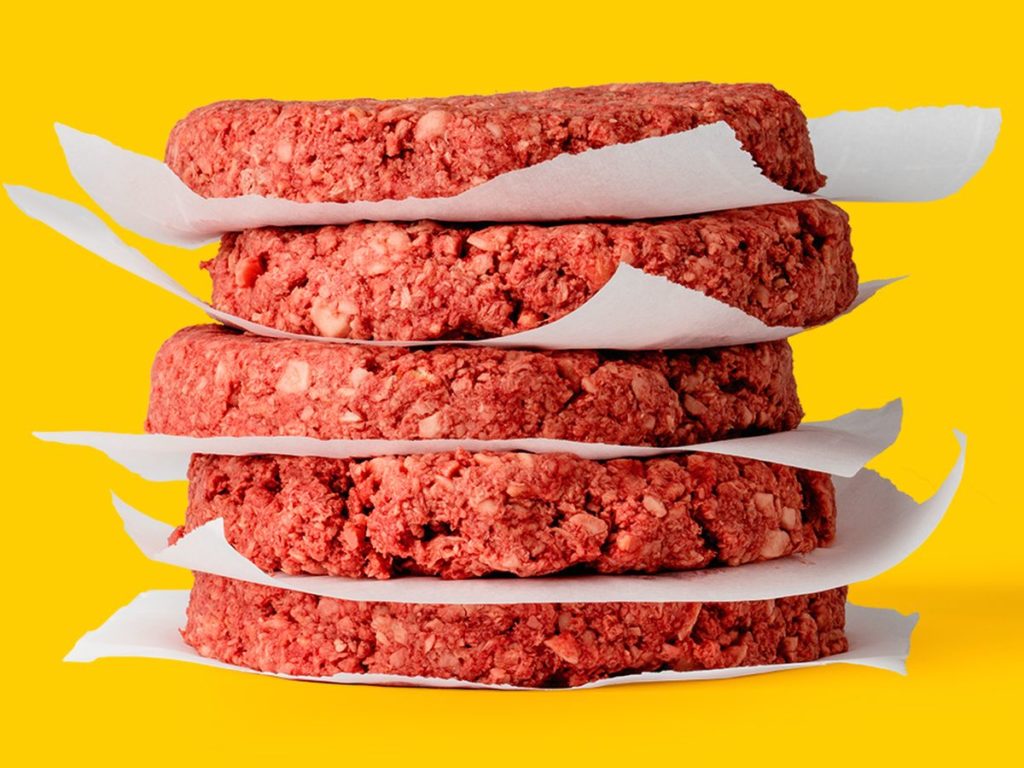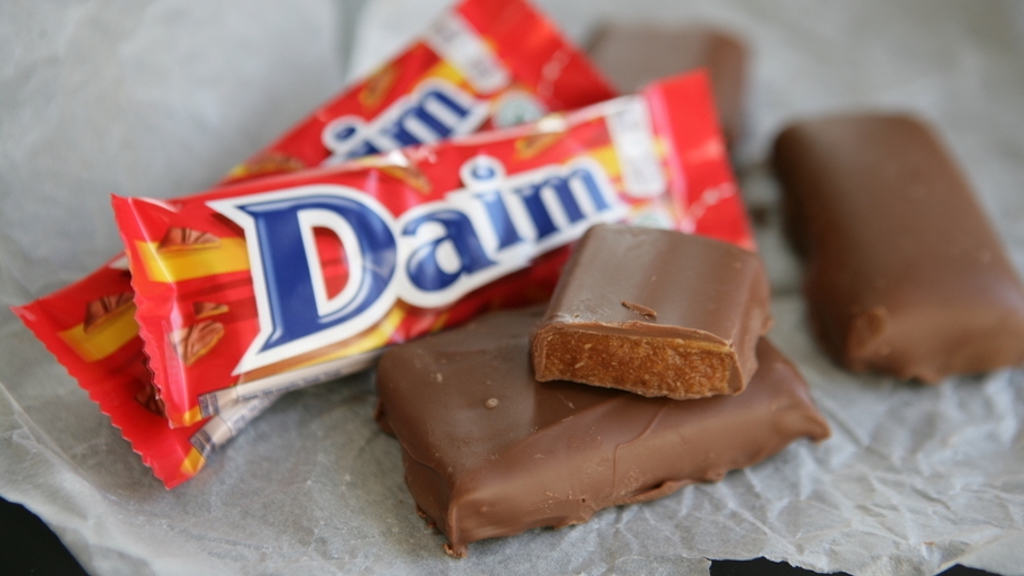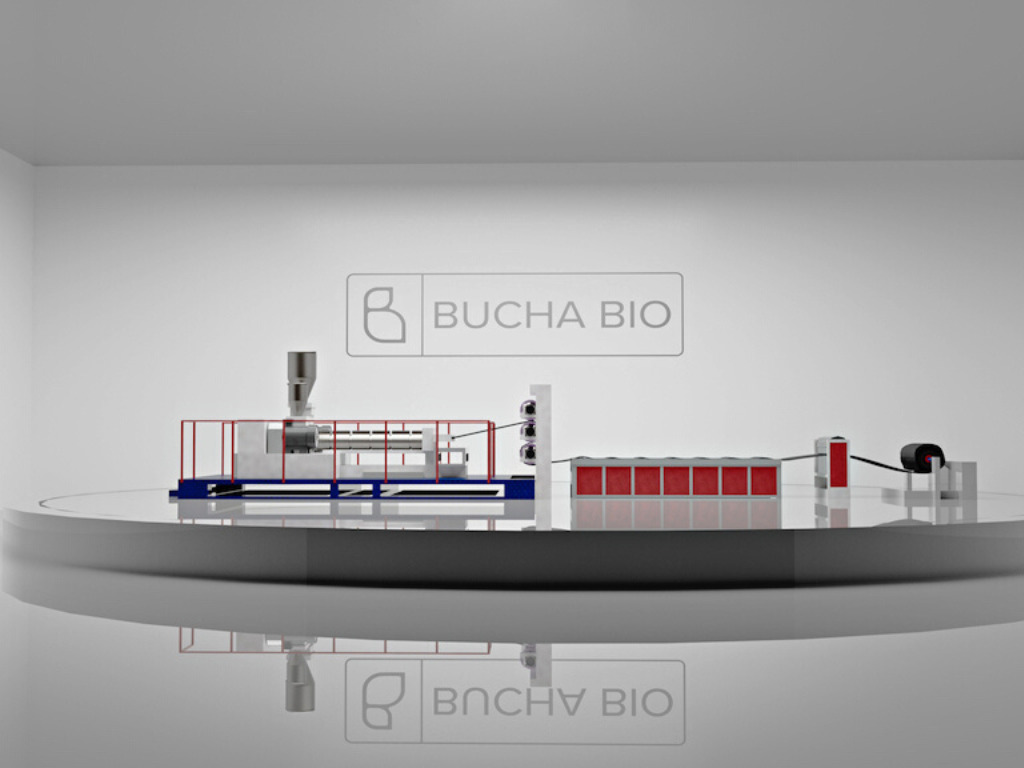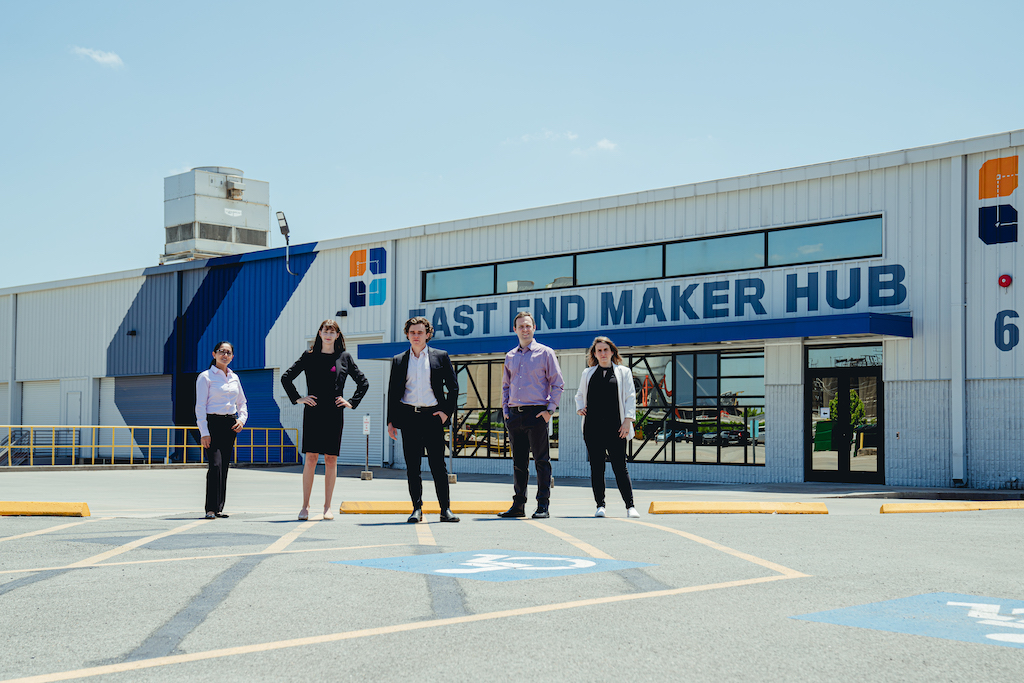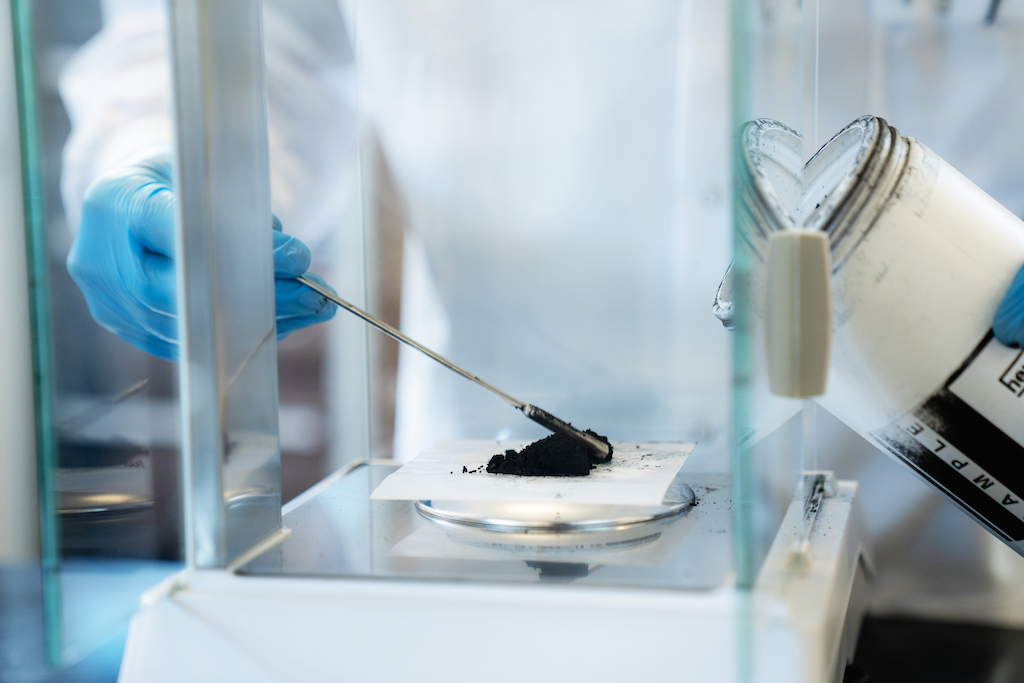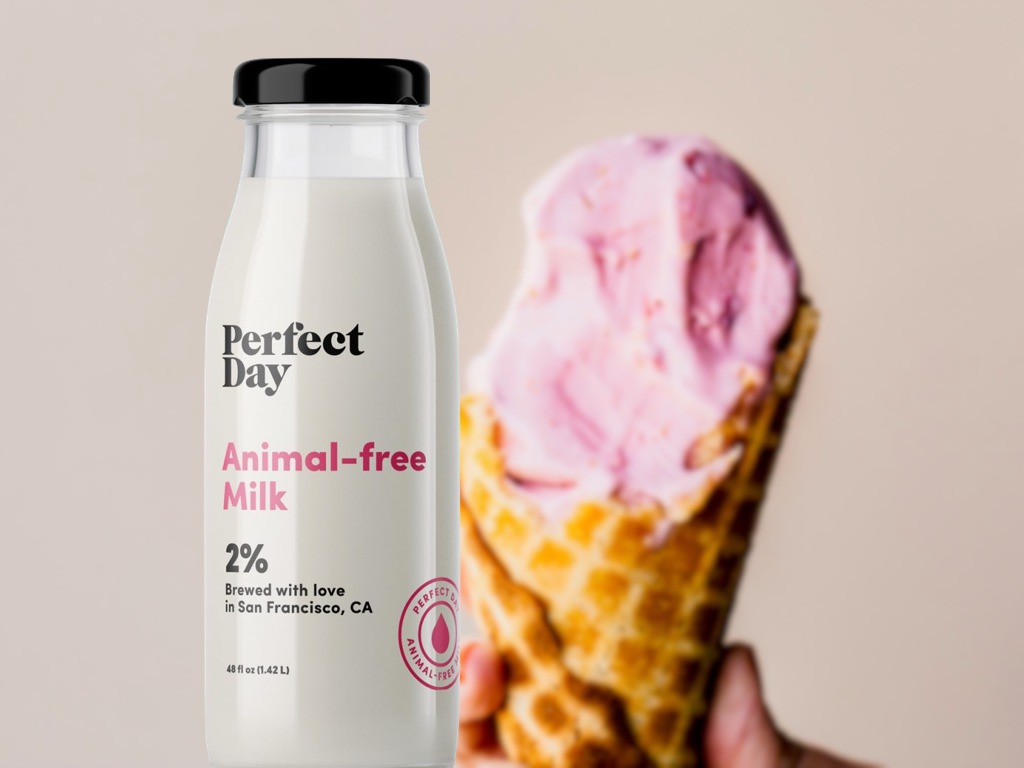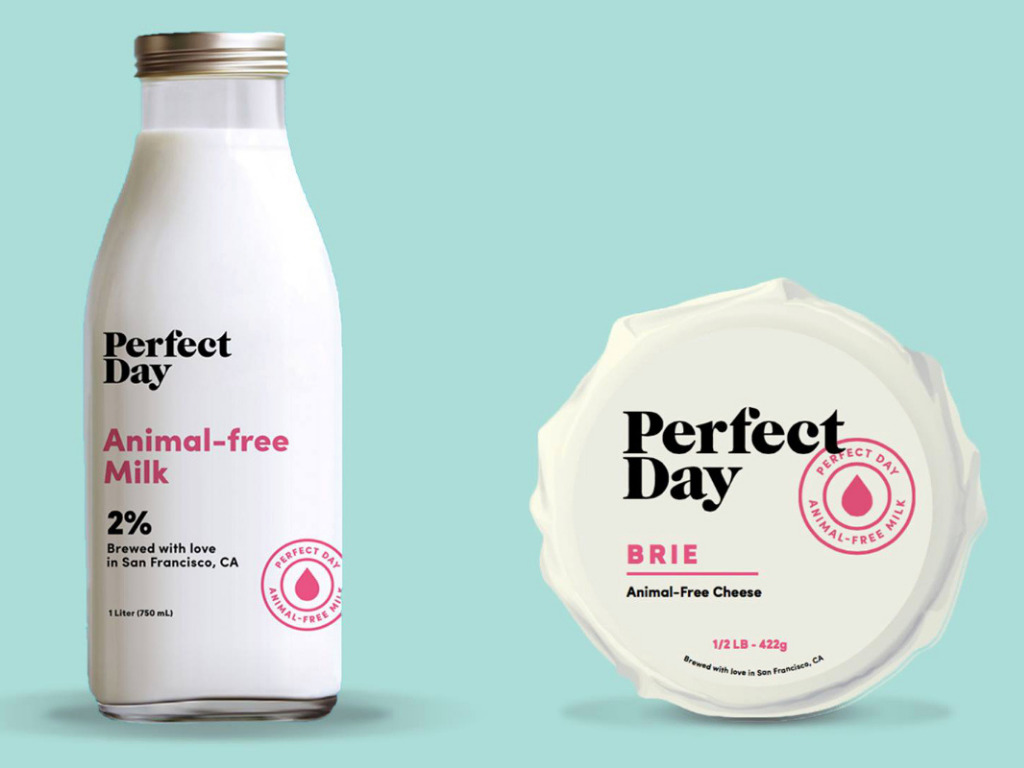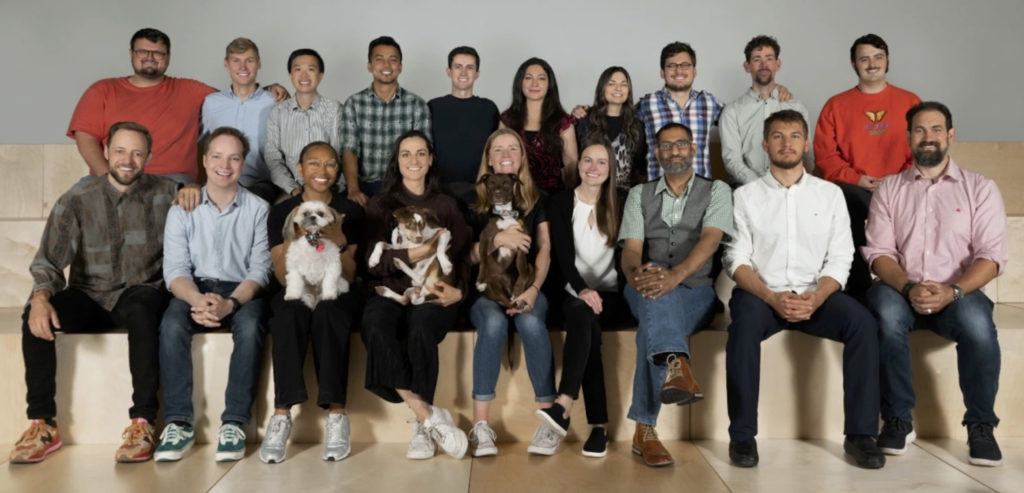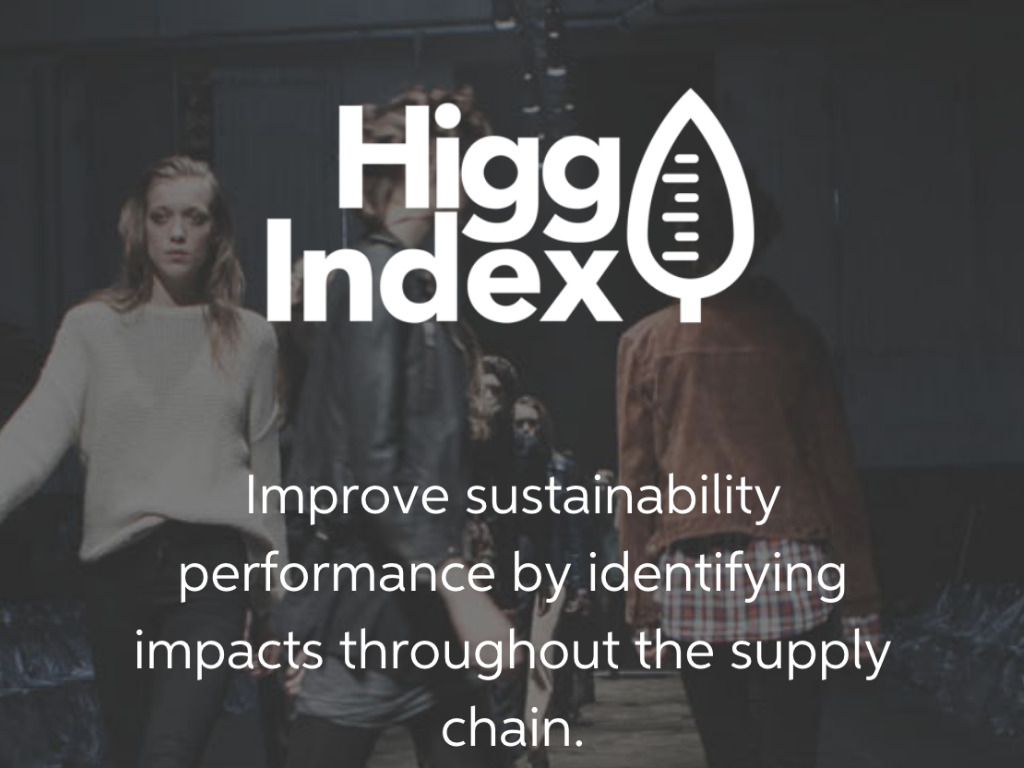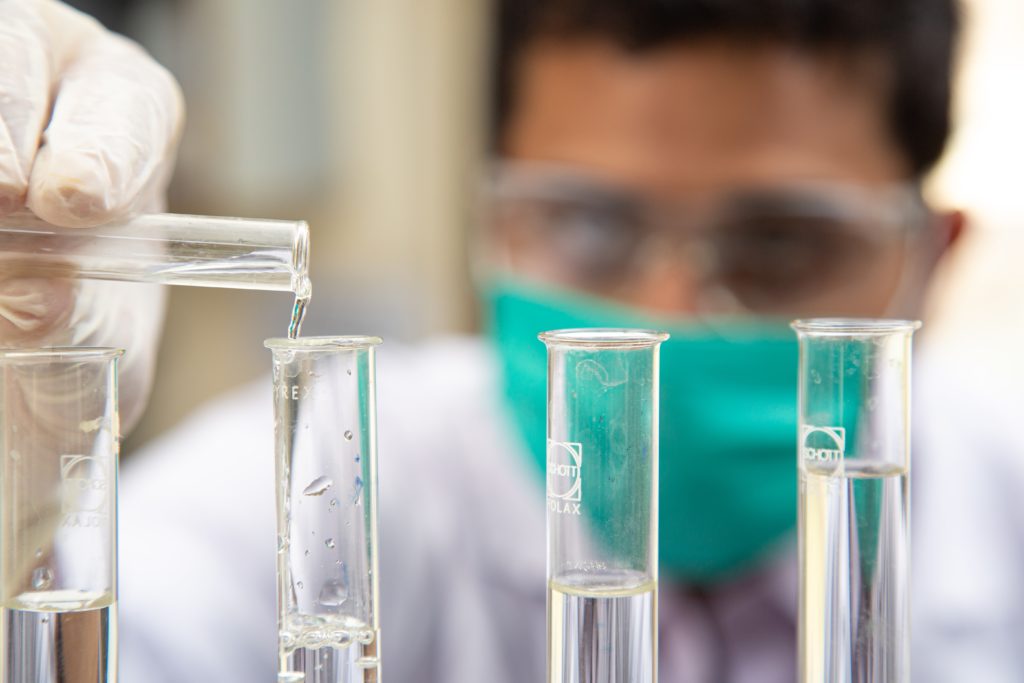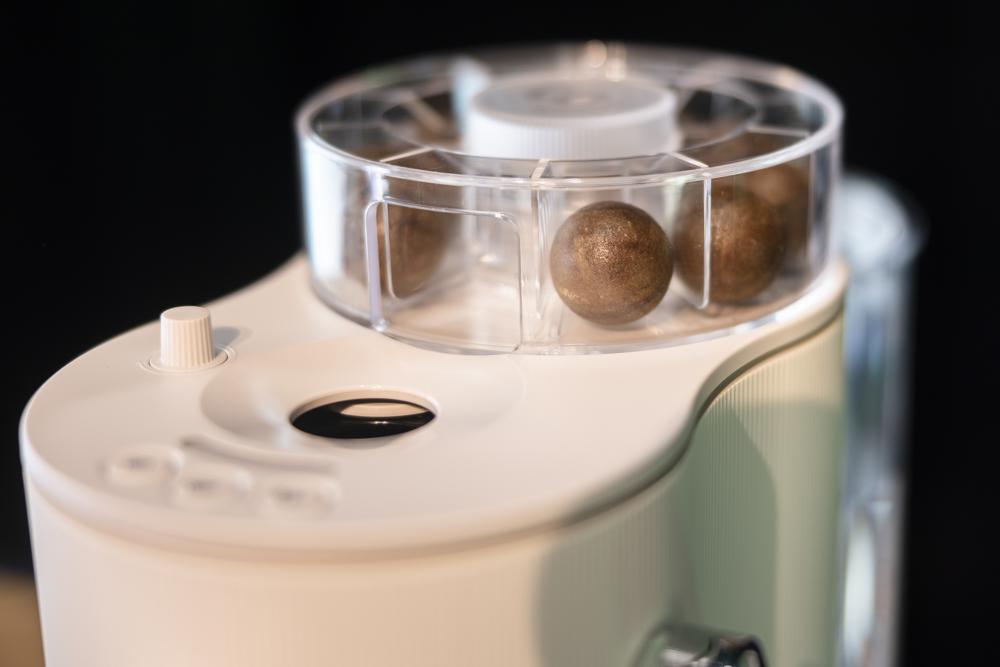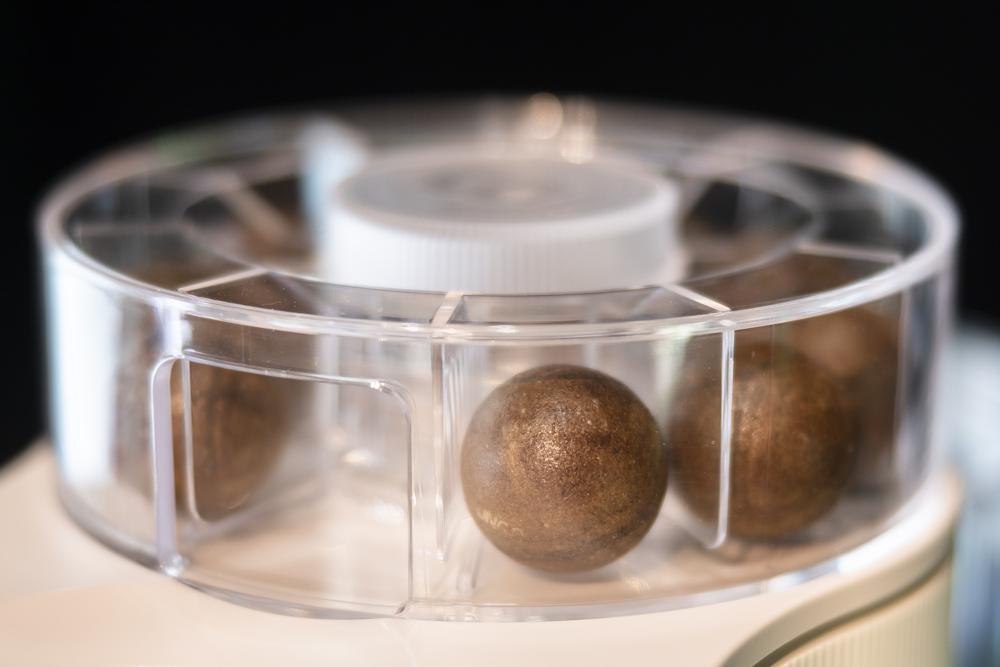
3 Mins Read
Spain-based Cocoon Bioscience has closed a €15 million equity funding round to scale its looper moth-based tech, including the development of a new production facility in Spain.
The new funding for the biotech startup spin-off of biotech company Algenex was led by Columbus Venture Partners and Cleon Capital with participation from Viscofan, and North South Ventures, among others.
Caterpillar bioreactors
Cocoon is focused on developing growth factors for cultivated meat and other alternative protein as well as mRNA synthesis and genetic sequencing. It uses looper moth caterpillars to develop its vaccines and growth mediums instead of steel bioreactors. It injects the moth cocoons with the Baculovirus and then encodes it with different information.

“It’s kind of like leveraging cocoons as natural, low-cost bioreactors,” Cocoon Bioscience CEO Josh Robinson told AgFunder News. “When [humans] catch a virus like a flu, we make a bunch of mucus. Similarly, these moths catch this virus Baculovirus and make whatever protein or enzymes are sequenced into that virus,” he says.
“We have a product, we’re selling it today, we just need to make more of it,” Robinson said. “We’re selling it at a price point that’s already lower than anyone else, and this platform develops new products extremely quickly.
The new production facility will be located in Bilbao, Spain — about 250 miles north of Madrid — and is slated to be fully operational in 2024.
“Our proof of concepts, from knowing what we want to make to having a sample ready to test is an 8- to 10-week process.”
Reducing cultivated meat costs
Robinson says that growth factors for cultivated meat costs hundreds of dollars for milligrams, but Cocoon’s tech takes away the bioreactor expense.

But with companies moving away from animal-based growth mediums like fetal bovine serum, time will tell if there’s a market for moth-grown media. It’s not slowing things down for Cocoon, though.
According to Robinson, 2023 is expected to be a big year for the company including building and completing the industrial-scale manufacturing facility “where we’ll be able to produce kilograms to tens of kilograms of these growth factors as well as these enzymes to meet scaling demand for our current partners and those that have expressed interest in working with us,” he said.
“Cultivated meat companies need to manufacture whatever meat they’re producing in large-scale bioreactors,” says Robinson. “But the growth factors, those high-value, hero ingredients, have to program the bovine cells to perform the way they need to. Those growth factors are traditionally produced in bioreactors, and it becomes really expensive if you’re doing that in the traditional way.”
The post Cocoon Bioscience Raises €15 Million for Its Caterpillar Bioreactors appeared first on Green Queen.
